1543e French player: here is the first appearance of Simon Wagner in the French ranking of padel. It was August 2021 and he had five tournaments under his belt by then.
Less than two years later, this 23-year-old Strasbourger is at 31e place in this ranking, even though the number of classifieds has been multiplied by three! The trigger for Simon was his association with another Strasbourg resident, Yanis Muesser, n°29 at 24 years old.
In one year, these two tennis players ranked 1/6 and 0 at their best level have sparked on the tennis courts. padel. Yanis the right-hander and Simon the left-hander – who says he is “extremely bad at doubles in tennis” – already have a nice track record: a 5e place in P2000 at Toulouse-Colomiers, four finals in P1000, halves and quarters and above all a victory in P1000 at Strasbourg, against Yann Auradou and Maxime Forcin.
After our recent interview of Yanis Muesser, Simon Wagner is engaged today in Padel Magazine.
Padel Magazine : Simon, can you tell us about your beginnings in the padel ?
Simon Wagner: Like many players of padel, I come from tennis, which I practiced for almost 15 years. And then one day, in 2019, a friend convinced me to try the padel. I didn't quite know what it was. It was a little before the first confinement and when the land became accessible again, I started to get into it more and more. And since then, it hasn't let me go: I loved it straight away.
In competition, priority to padel
between tennis and padel, what is your priority?
SW: Today, I don't really play tennis tournaments anymore, but I'm getting my state tennis diploma, so I continue to play team matches with my club. But I no longer have any tennis goals. When it comes to competition, I clearly give priority to padel. And in tennis, I don't really train anymore, even if I'm still ranked 2/6.
In my region, Alsace, there are a lot of 1/6 or 0, but very few negatives or numbered ones. It's almost impossible to climb the rankings by staying in Alsace, unless you're playing – 15. For me, it would have been necessary to move but I stopped doing it because it was expensive and I had no more plans. When you are a high school student or a student, you cannot easily leave during the week to play tournaments in Paris or elsewhere. And then when you feel that you won't be a pro, what's the point of aiming for one or two better rankings: being -2/6 one day rather than being 1/6, it doesn't change much in the end...
Conversely, your progress in the French ranking of padel was very fast...
SW: When I started the padel, I was really bad compared to guys who were already playing, even those who didn't have a good level of tennis. Me, I felt that I was really not good. But when you know how to play tennis well, it comes quickly. Thanks to tennis, I had qualities that I was able to use for the padel. So I moved up the rankings quite quickly. In the beginning, every month, I gained at least 50 places. But obviously, once you get into the top 50 or the top 30 in France, you stagnate a little more. At this level, everyone plays very well and trains a lot. So the qualities I had at the start thanks to tennis, especially smash, are no longer enough: you need more than that...
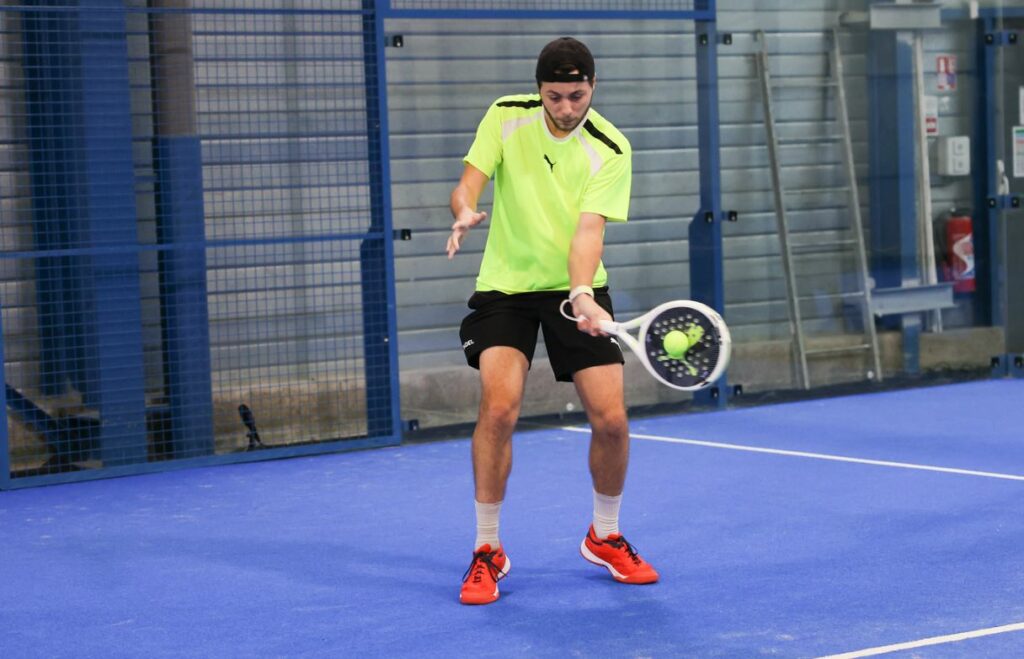
What are the keys to going higher, in your opinion?
SW: Where I think I'm still really far from the guys who are ahead of me in the standings is all that is " padel ", that is to say the defense, the blows after the windows and the blows very specific to the padel. Those who are in the top 5 or the top 10 in France play padel ten times better than me; but when you compare them to the Spaniards or the Argentinians on the pro circuit, you see that there are still significant gaps in terms of pure padel. Spaniards, for the most part, did not play tennis, started the padel at 4 years old and have been playing for 20 years. While the best French players have generally been playing for less than 7 or 8 years in padel...
“When you hit hard, the pros love it”
The big difference is especially in the defensive sector. At a good level, everyone knows how to do a big smash or a par 3. The real difference is in the defense, with players who take the ball once it hits the window. And as soon as there's a window, you don't know where they're going to play. Whereas me, when I play after the glass, I just try to put the ball back, but I don't yet have the lucidity or the level to really try to hurt on the next shot.
Me, when I play against someone who hits hard and volleys hard, I feel like I'm being overtaken and I don't know what to do. While the pros, when you hit hard, they love it: it gives them an attacking ball! I'm trying right now to play a little less tennis, to hit less hard, but I have the impression that it didn't help me in the last tournaments I've done. I was able to do good things thanks to my tennis skills, but removing that, slowing down to play more padel, it is complicated.
Another key to progress is money, right?
SW: It's true that you have to do tournaments to climb the rankings. For now, with Yanis, we make about two trips a month, for P1000s or P2000s. But even doing a final in P1000 like in Lille, which is a good result, we only won 125 euros each: that is not enough to pay our expenses, unfortunately. So it's true that players like us need sponsors to participate in tournaments, finance our training and continue to progress. For example, I don't yet have a contract for rackets and equipment, it's currently under discussion. But it's even harder to find financial sponsors for other costs.
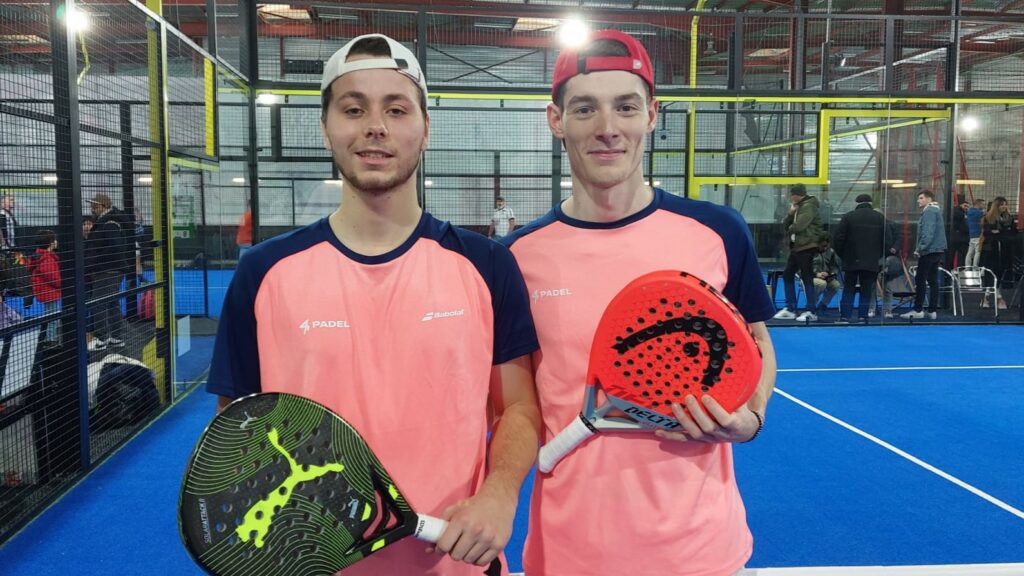
“I have never taken a course in padel"
How often do you train each week?
I train less than Yanis (who averages three sessions, editor's note), because preparing for my tennis diploma takes time. I only play once or twice a week. It may be enough to arrive around the 30e place, but not at all to aim higher. I also plan to train more as soon as I finish my DE. With Yanis, we started going sometimes to Barcelona, to an academy. I also planned to do a week in Bordeaux in the Big Padel Jet Academy. These kinds of weeks allow me to play every day, which I don't do here. It also allows me to get advice from a coach, because I usually play games but I've never taken a padel.
What would your dream be padel in two years?
The objective in a few years would be to join the France team. But two years seems short to me. I rather imagine that in three or four years. The idea would be to do something like the “Daltons” who are in Barcelona – Seurin, Vives, Raichman, Guichard – who play very well and knock on the door of the France team. But there are also others who play well, of course.
His favorite left-hander: Arturo Coello
What are the advantages of being left-handed?
The benefits of being left-handed padel, it's being able to smash in the center as well as a right-hander, it's really an added value. And then the left-hander has different angles, possibilities of finding the grids, as a right-hander who plays on the left can do. At first, the effects that a southpaw puts, which are reversed, bothered my opponents a lot. But the higher you level up, the more guys are used to defending left-handed balls.
Among the best left-handers on the pro circuit, would your role model be Coello, Ruiz or Lima?
The style of play that I prefer is that of Coello. All things considered, this is the type of game I would like to aim for. Conversely, the game of a player like Pablo Lima is much further from mine: he's a more defensive left-hander, whereas Coello is a left-hander who “sends”, he's very offensive!
After 40 years of tennis, Jérôme falls into the pot of padel in 2018. Since then, he thinks about it every morning while shaving… but never shaves pala in hand! Journalist in Alsace, he has no other ambition than to share his passion with you, whether you speak French, Italian, Spanish or English.

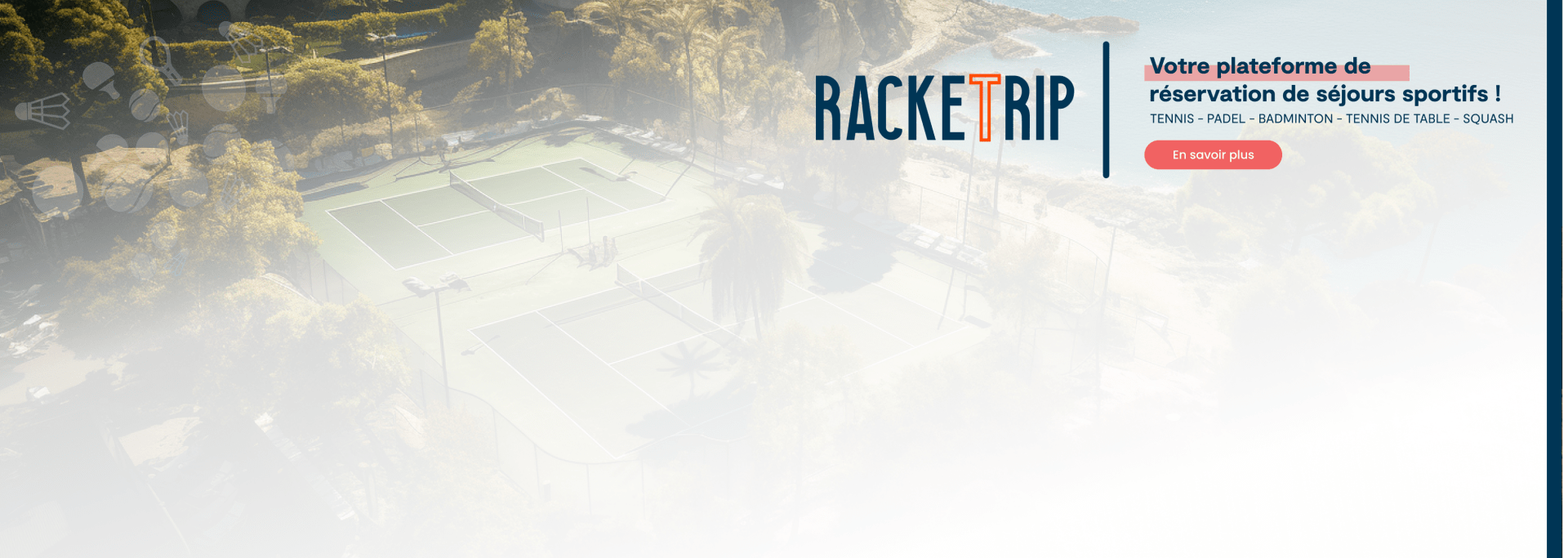
















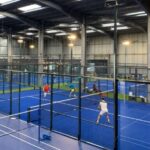


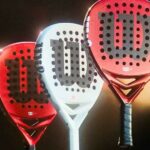








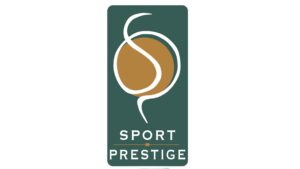
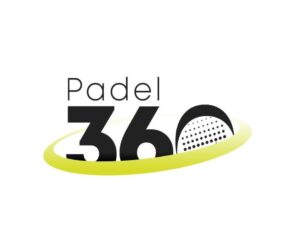
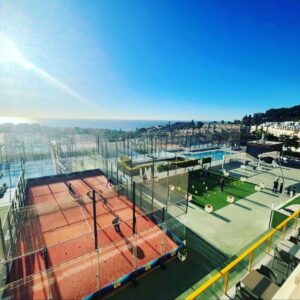
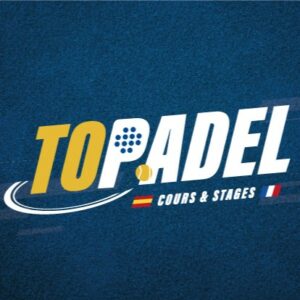



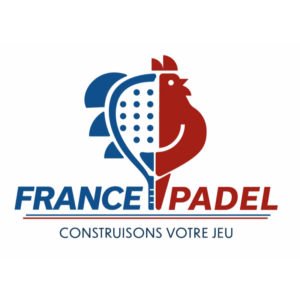


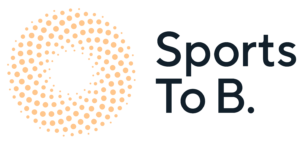

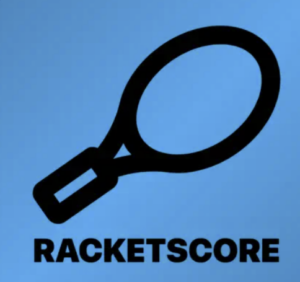
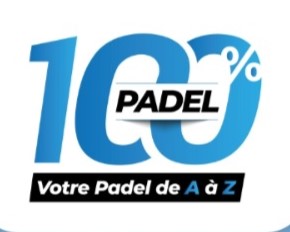
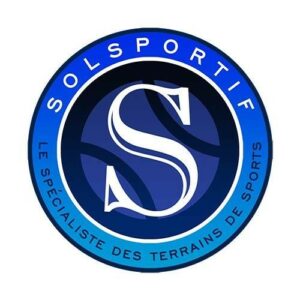

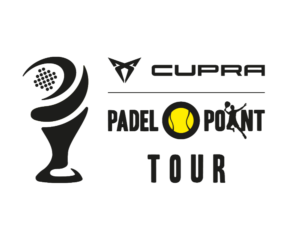

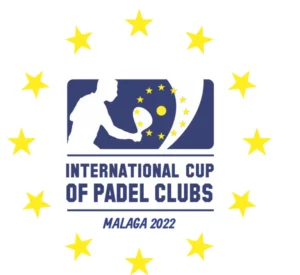
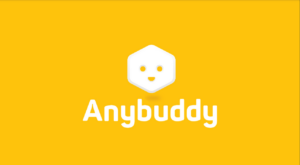
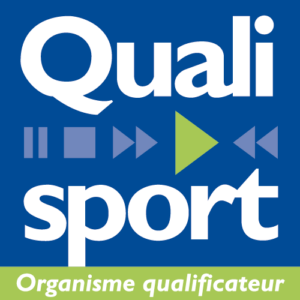


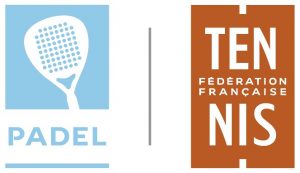


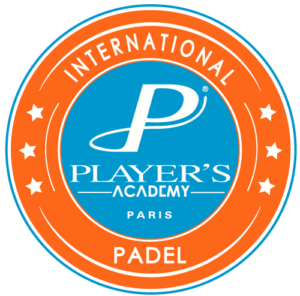
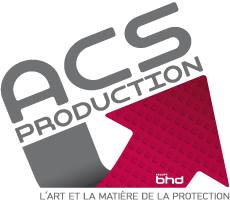
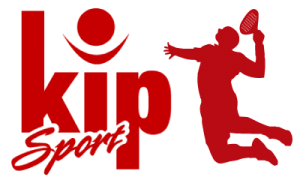

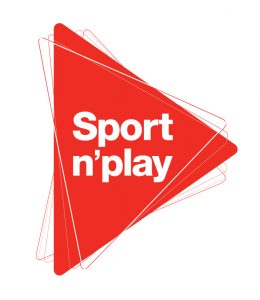

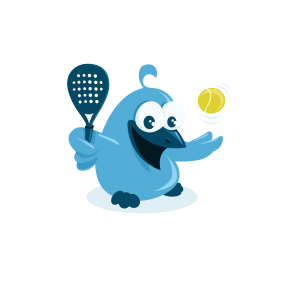

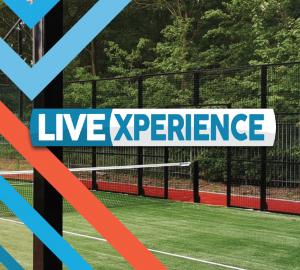
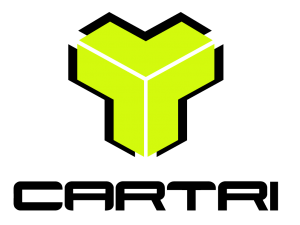

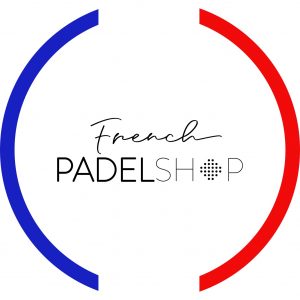
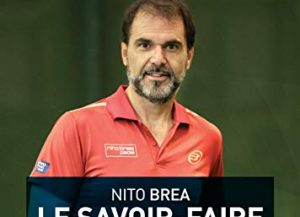
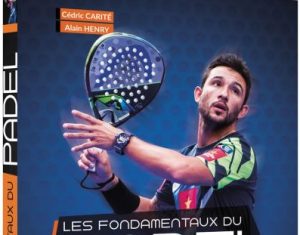

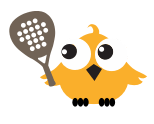
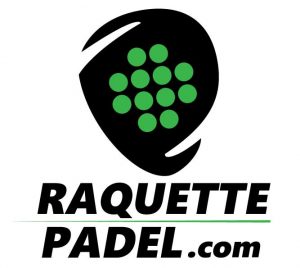
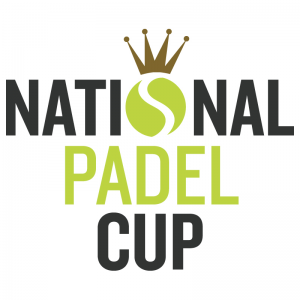
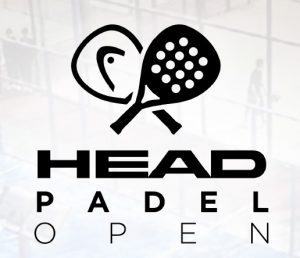

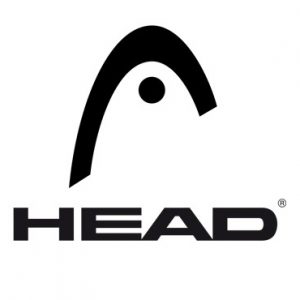



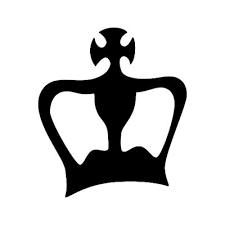
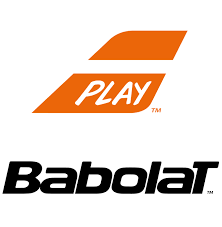

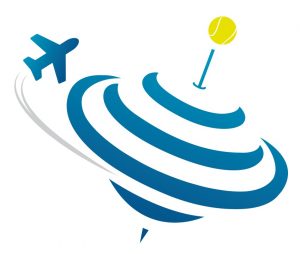
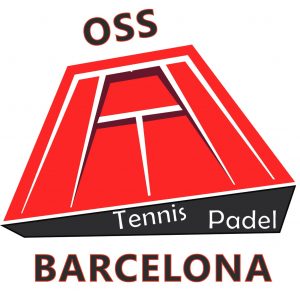
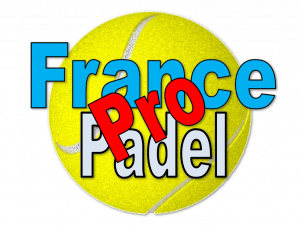




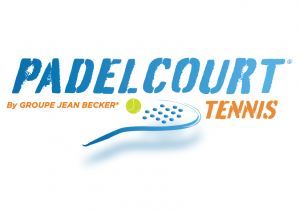

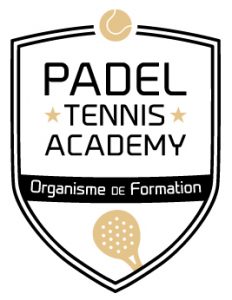
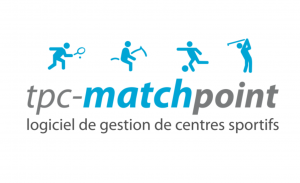

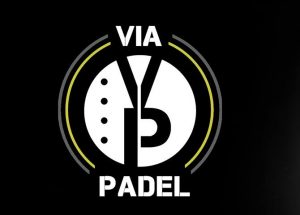




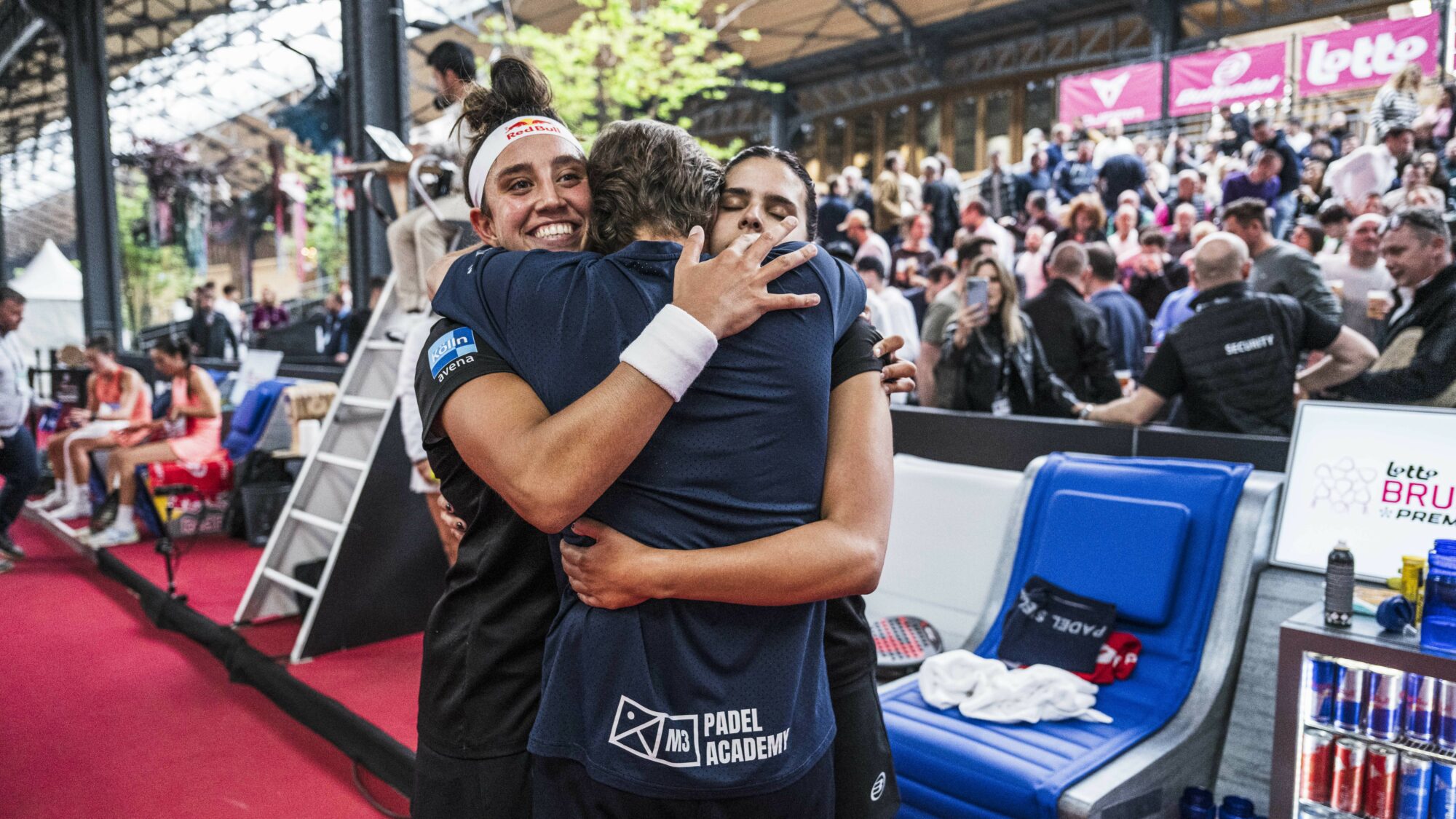 Premier Padel Brussels P2 – Brea/Gonzalez wins the arm wrestling against Salazar/Icardo
Premier Padel Brussels P2 – Brea/Gonzalez wins the arm wrestling against Salazar/Icardo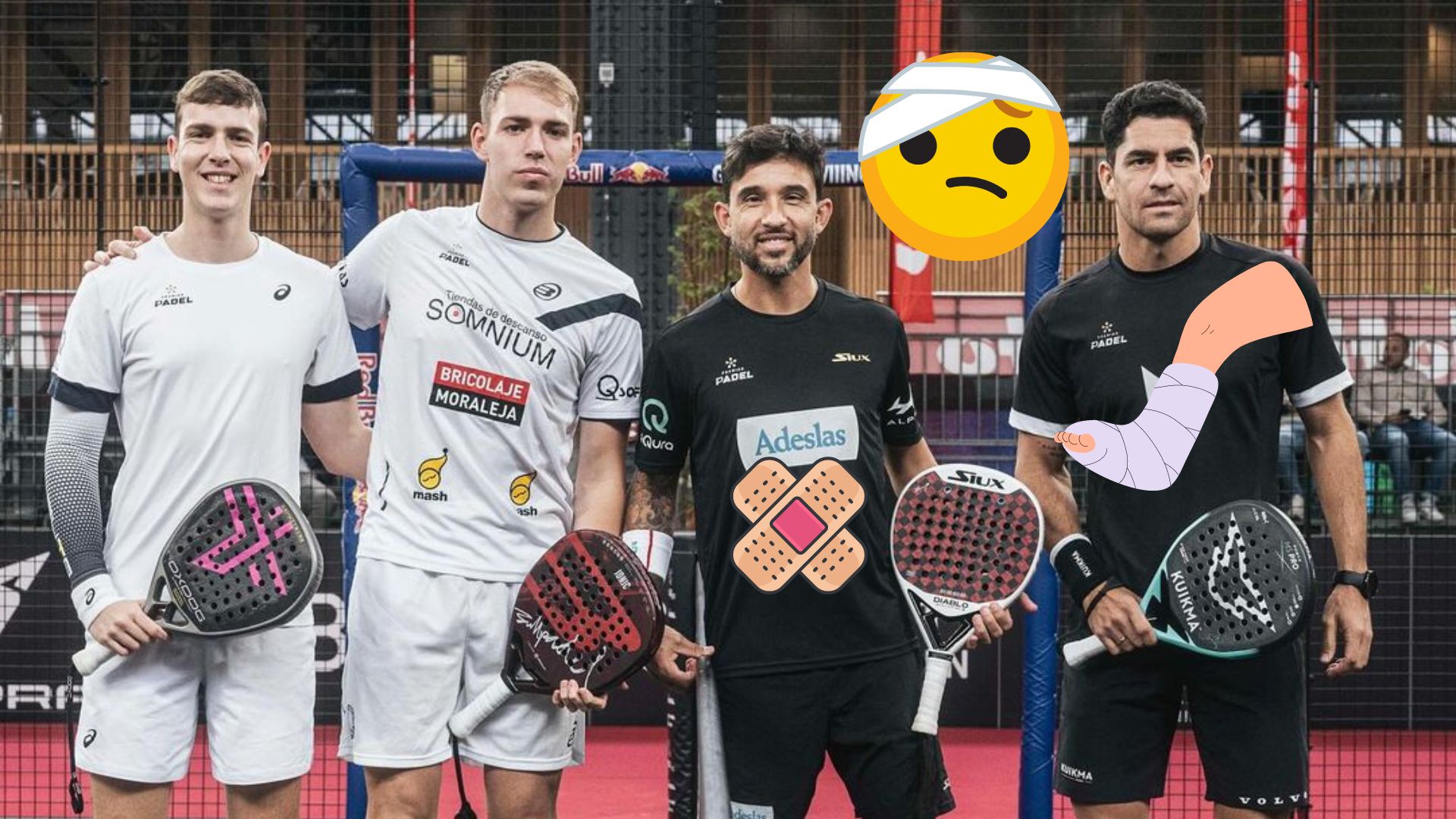 Unusual – Sanyo Gutierrez and Maxi Sanchez suffered in Brussels
Unusual – Sanyo Gutierrez and Maxi Sanchez suffered in Brussels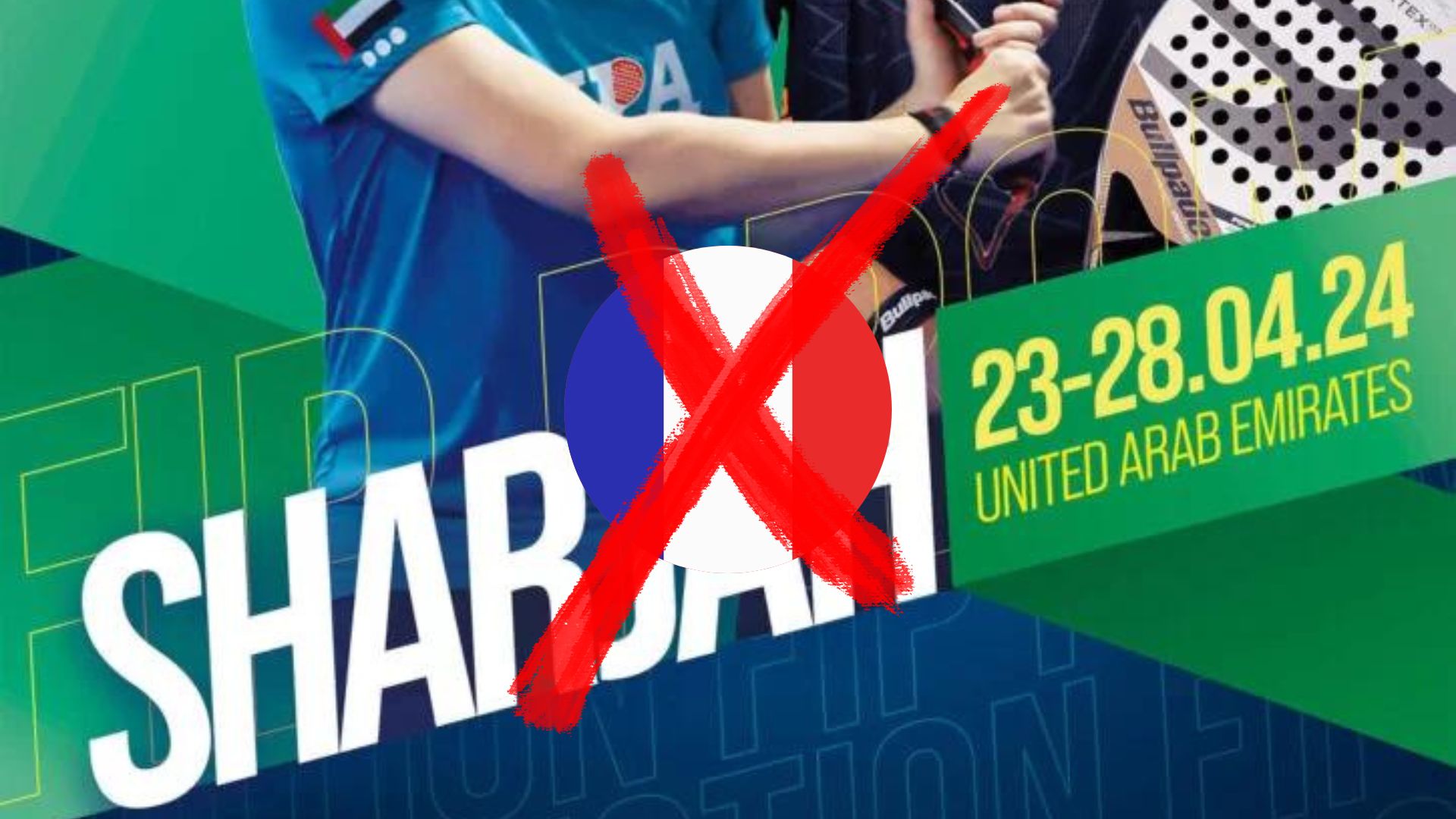 FIP Promotion Sharjah – More French people in the United Arab Emirates
FIP Promotion Sharjah – More French people in the United Arab Emirates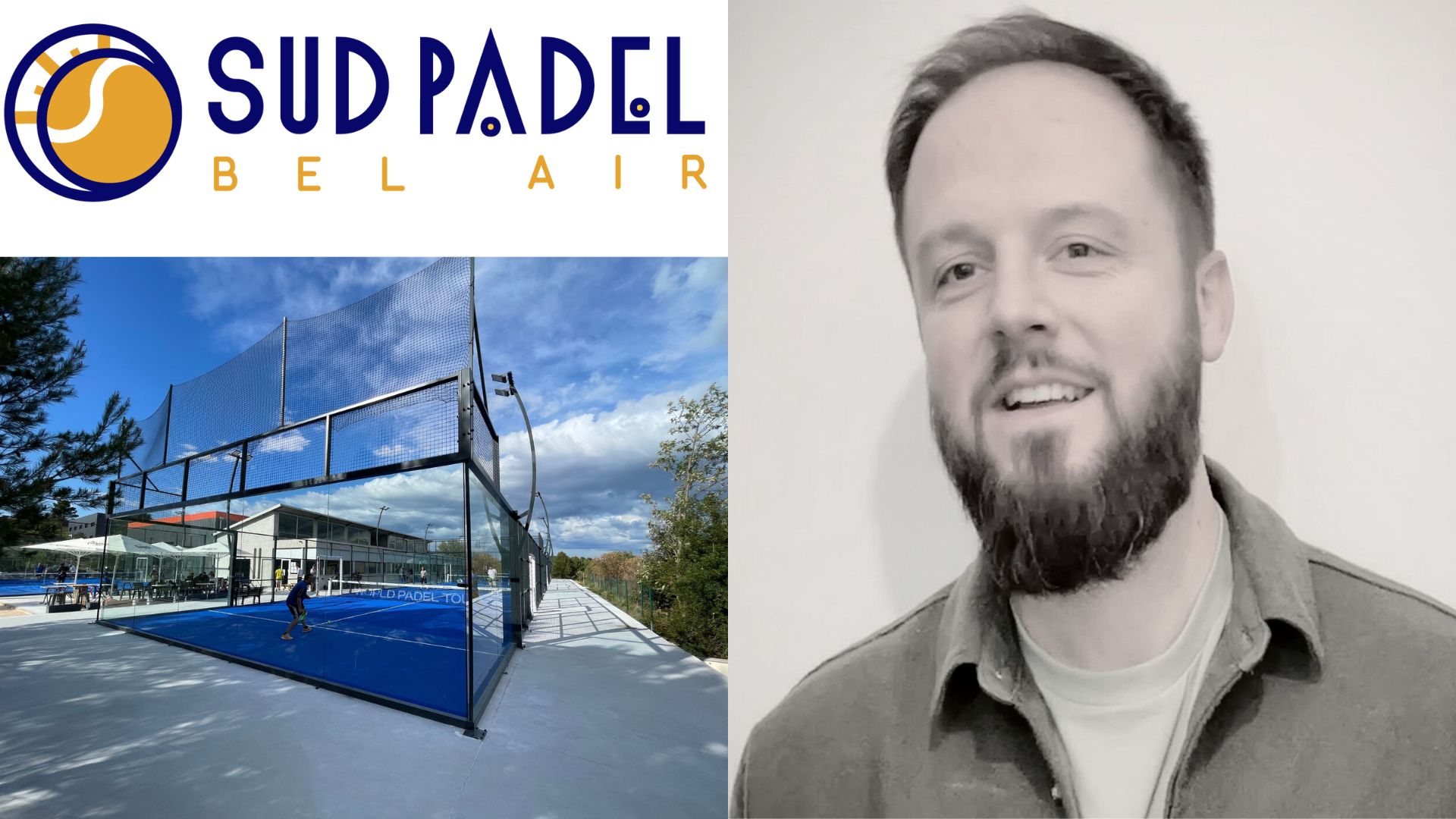 Guillaume Codron de Sud Padel : “A family project”
Guillaume Codron de Sud Padel : “A family project” Nallé Grinda: “Democratize the padel in the USA with PadelX "
Nallé Grinda: “Democratize the padel in the USA with PadelX "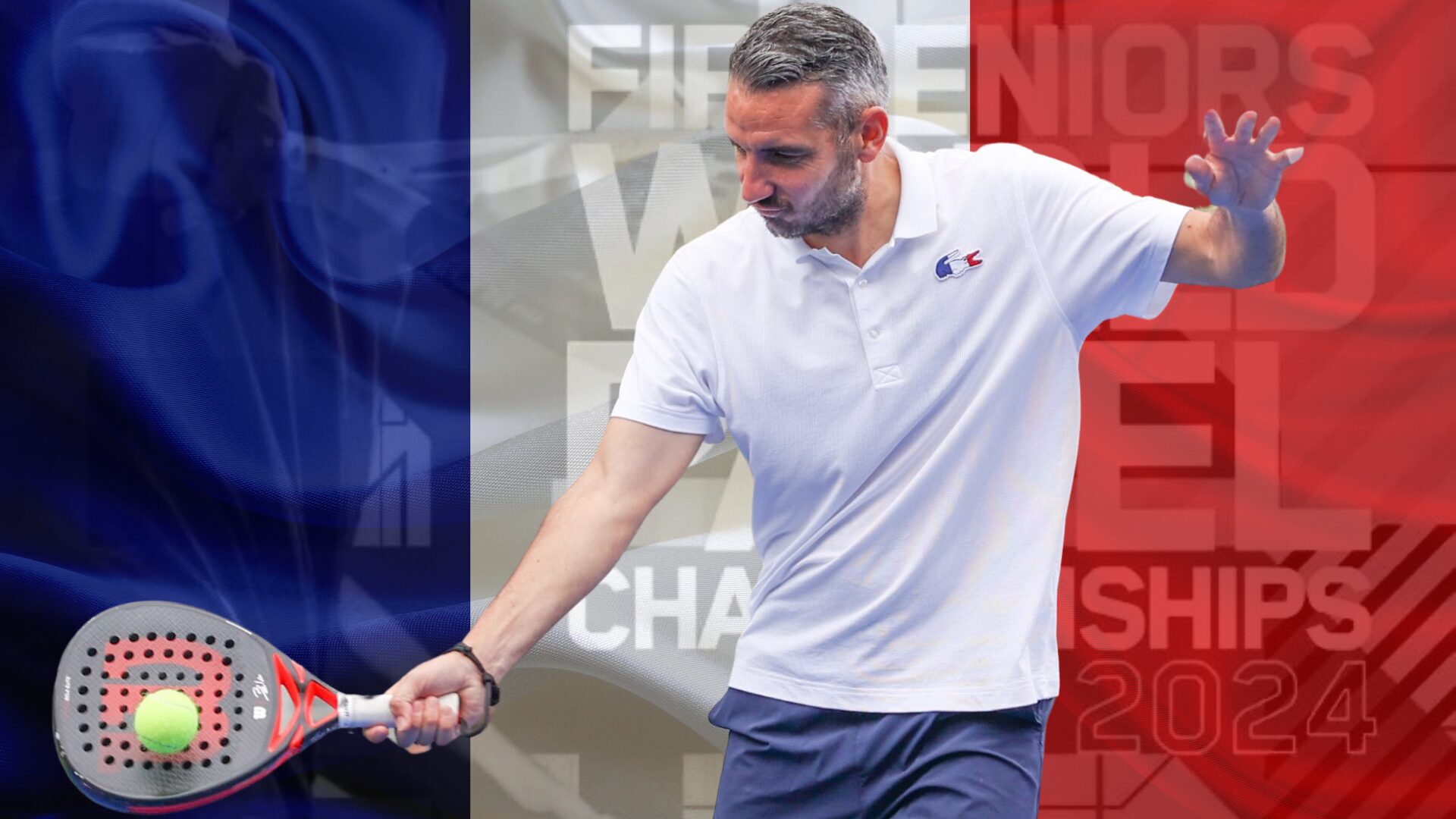 Simon Boissé: “We know that there are two nations in front of us”
Simon Boissé: “We know that there are two nations in front of us”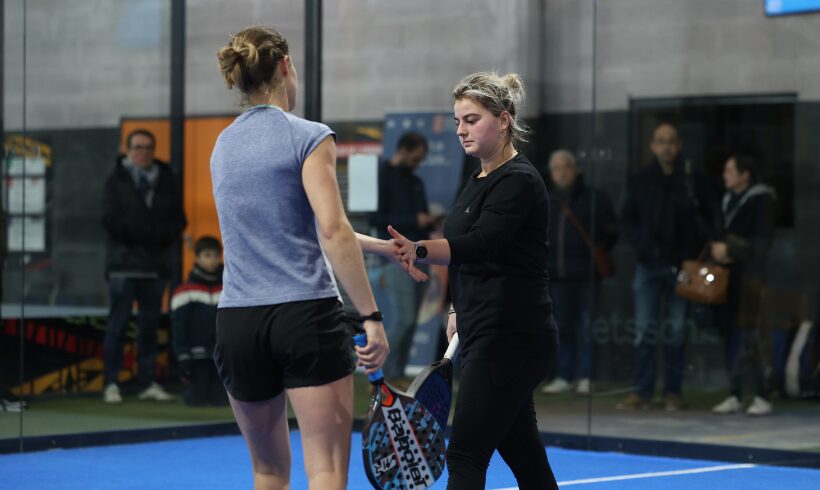 Marie Maligo: “This period of frequent changes of partners was beneficial for me”
Marie Maligo: “This period of frequent changes of partners was beneficial for me”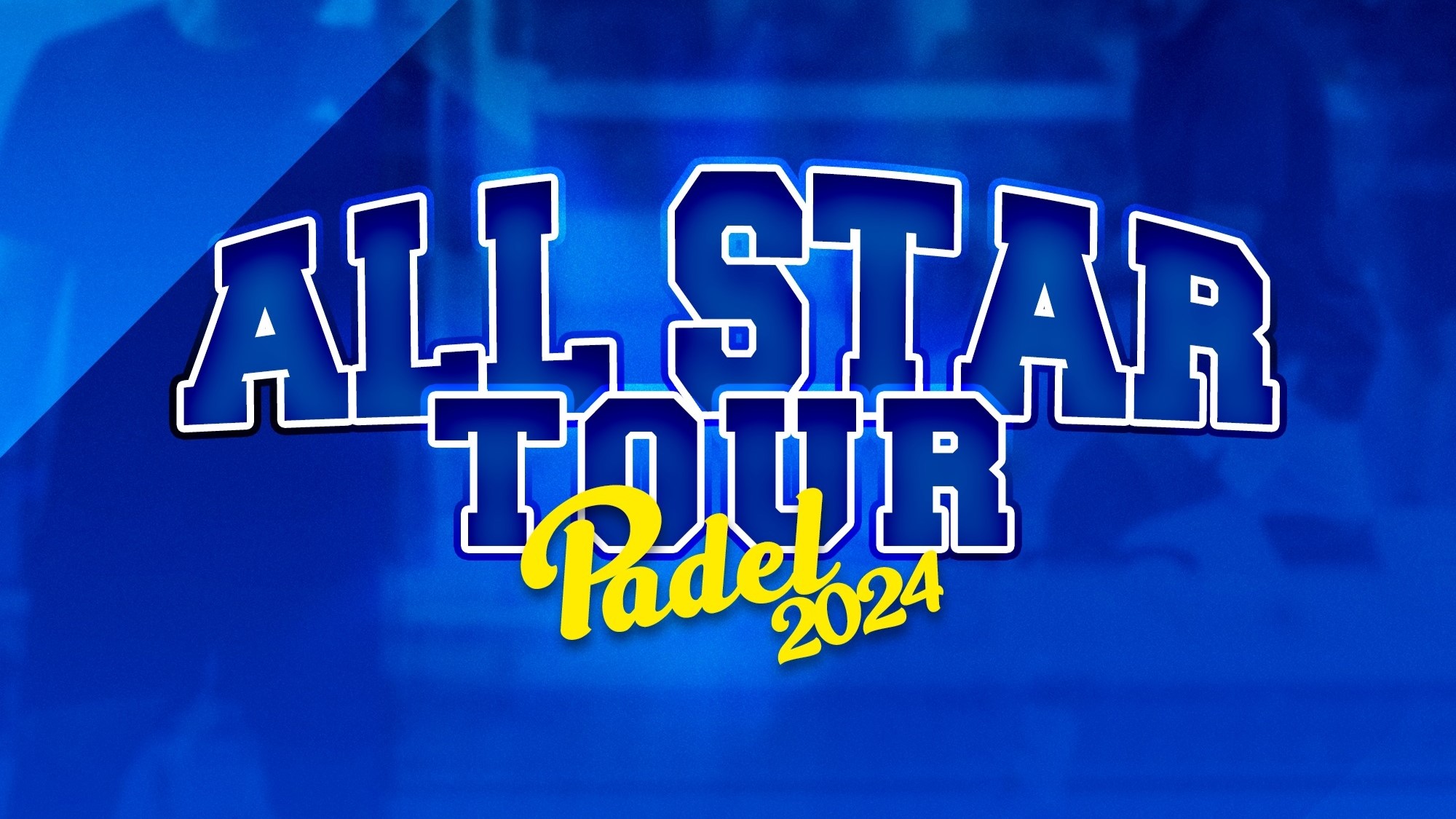 The All Star Tour returns on May 16 at the All In in Lyon
The All Star Tour returns on May 16 at the All In in Lyon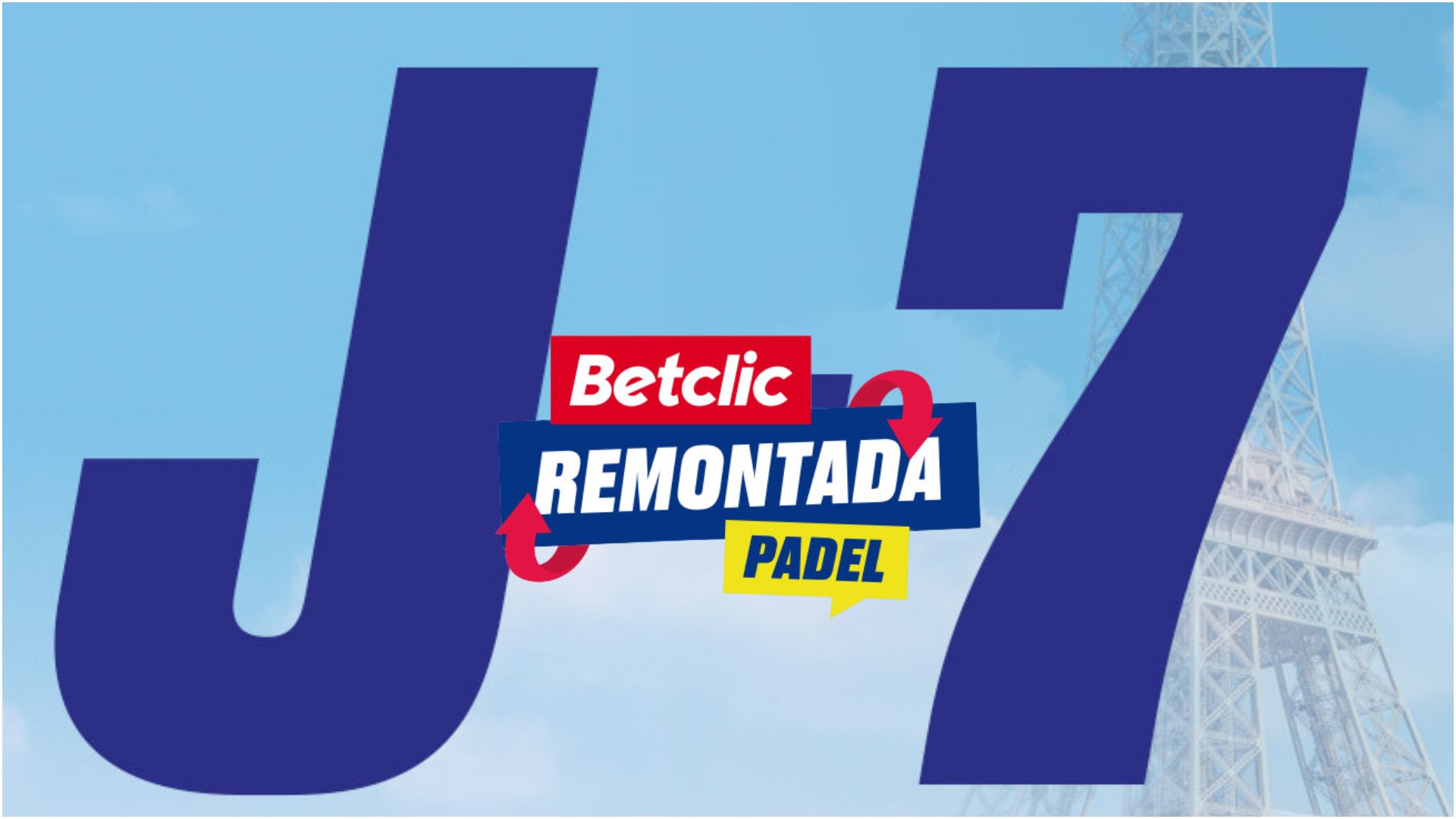 D-7 of the “BetClic Remontada Padel”, at the foot of the Eiffel Tower
D-7 of the “BetClic Remontada Padel”, at the foot of the Eiffel Tower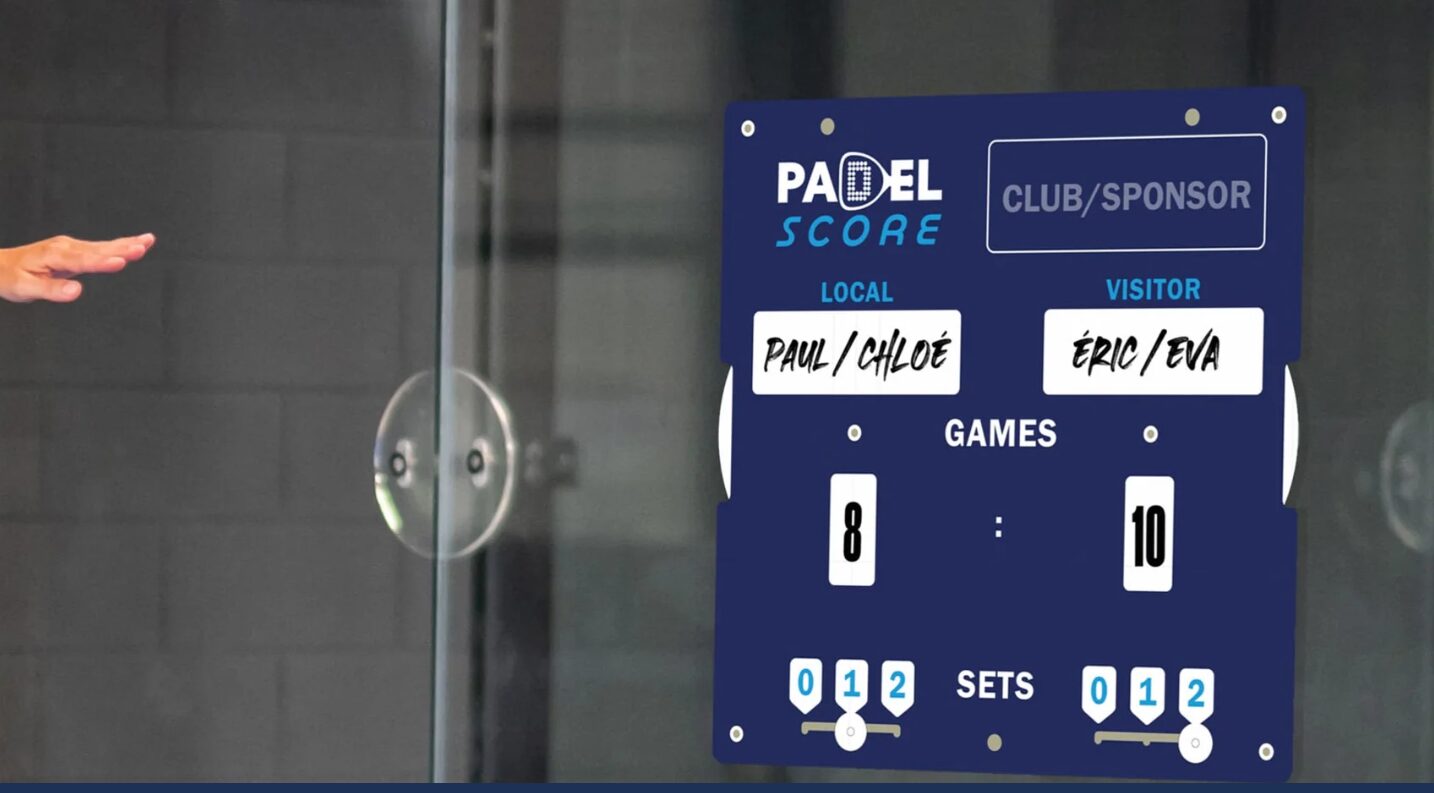 Padel Score: an essential table for keeping score
Padel Score: an essential table for keeping score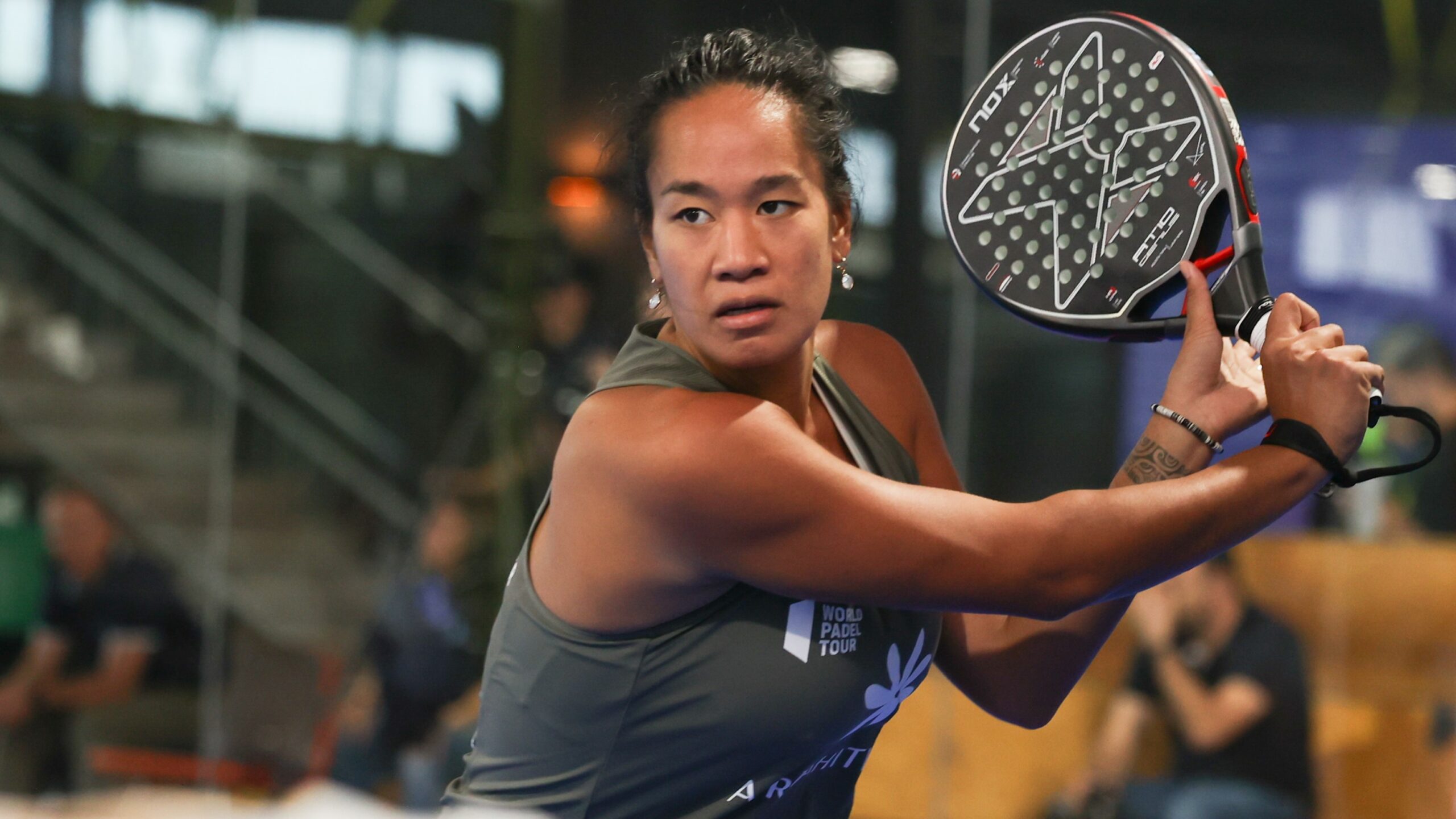 Léa Godallier makes her big return to the slopes this weekend
Léa Godallier makes her big return to the slopes this weekend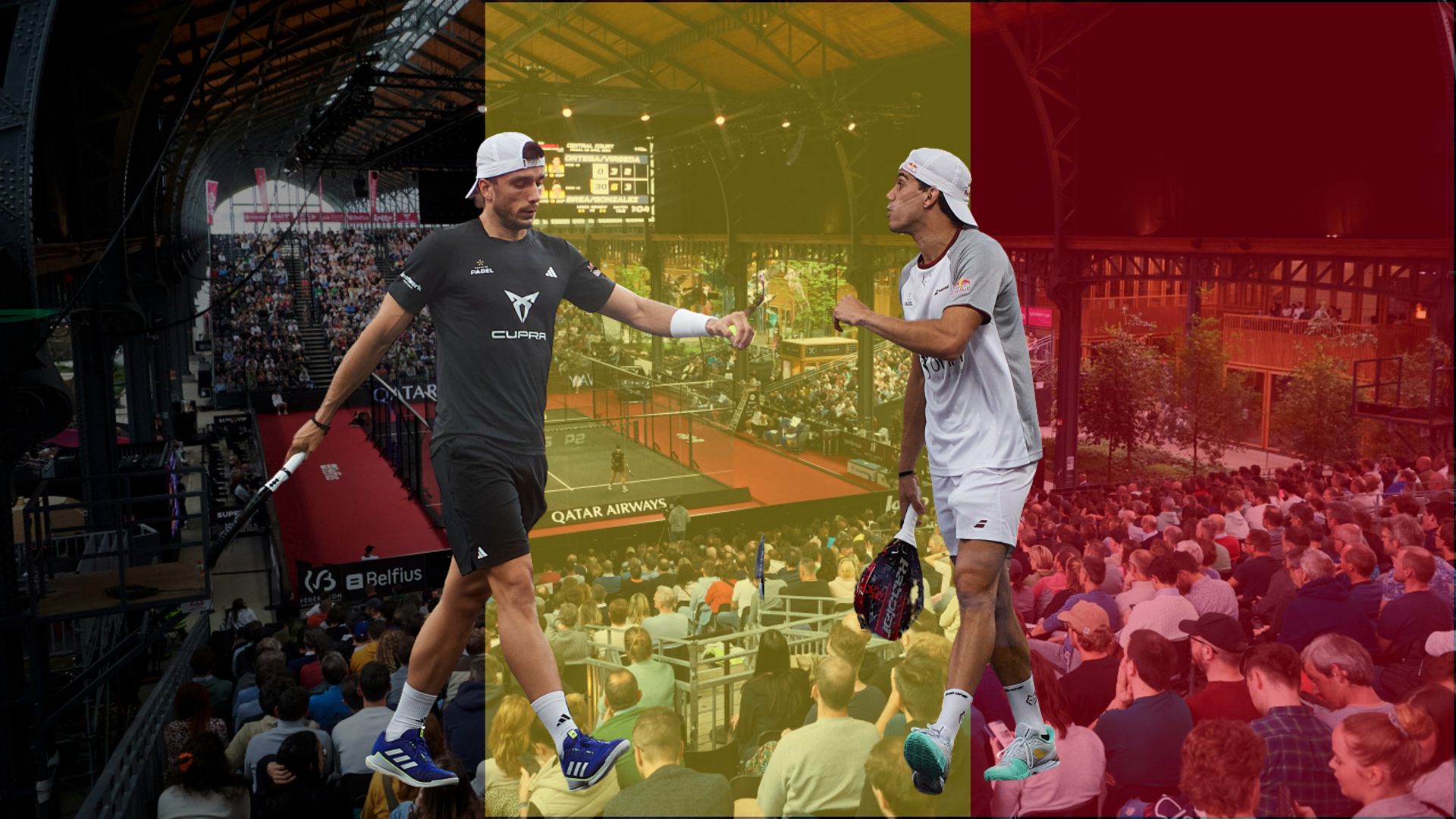 Premier Padel Brussels P2 – Juan Lebron and Ale Galan together in Belgium?
Premier Padel Brussels P2 – Juan Lebron and Ale Galan together in Belgium?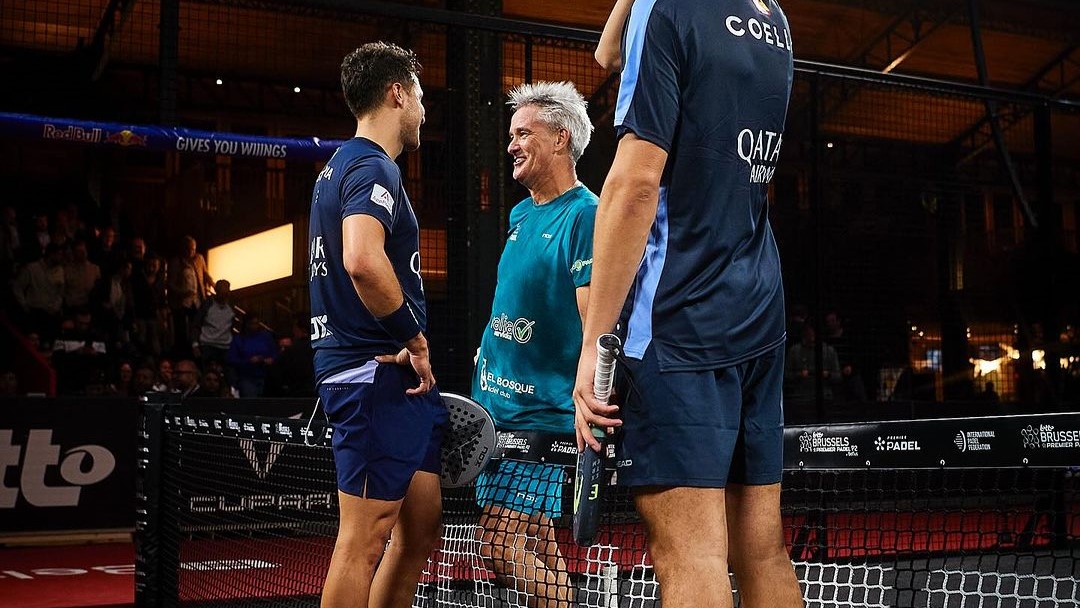 Agustin Tapia salutes the longevity of Miguel Lamperti
Agustin Tapia salutes the longevity of Miguel Lamperti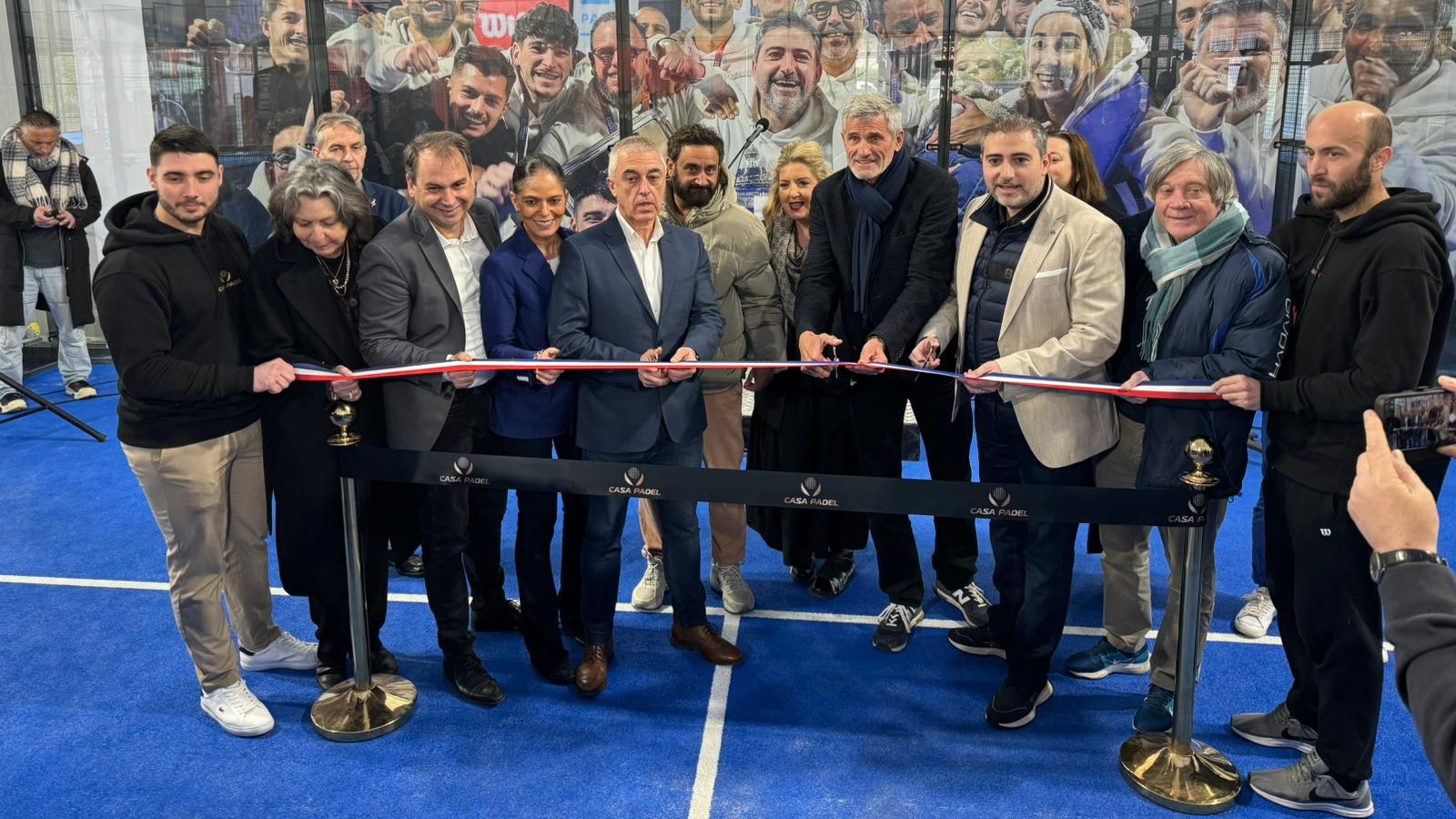 José Manuel Escin at the inauguration of Casa Padel DOS: “Finally, and thank you!”
José Manuel Escin at the inauguration of Casa Padel DOS: “Finally, and thank you!”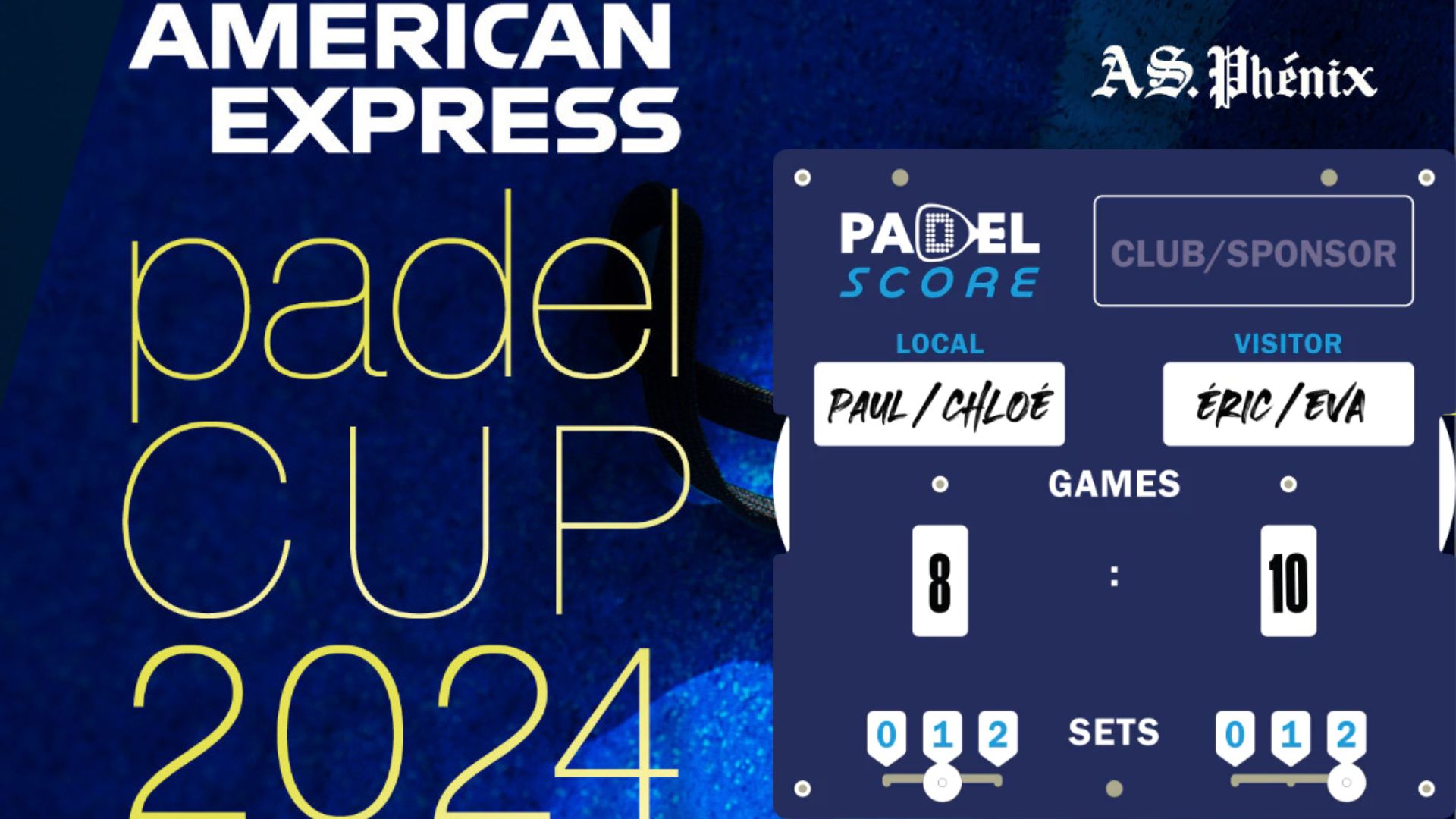 Padel Score comes to Tahiti for American Express Padel Cup!
Padel Score comes to Tahiti for American Express Padel Cup!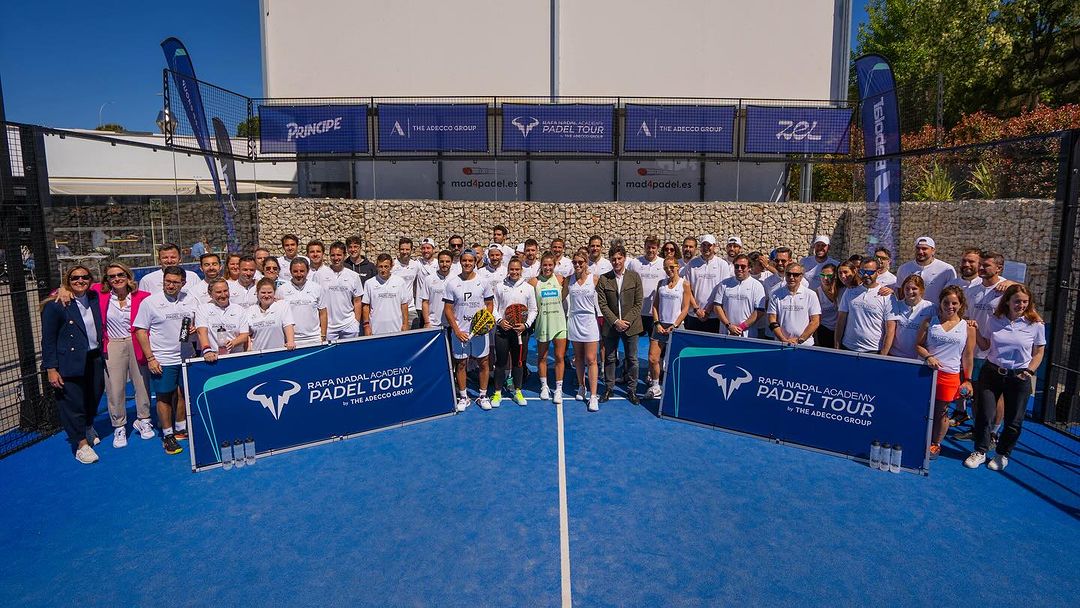 Do you know the Rafa Nadal Academy Tour?
Do you know the Rafa Nadal Academy Tour?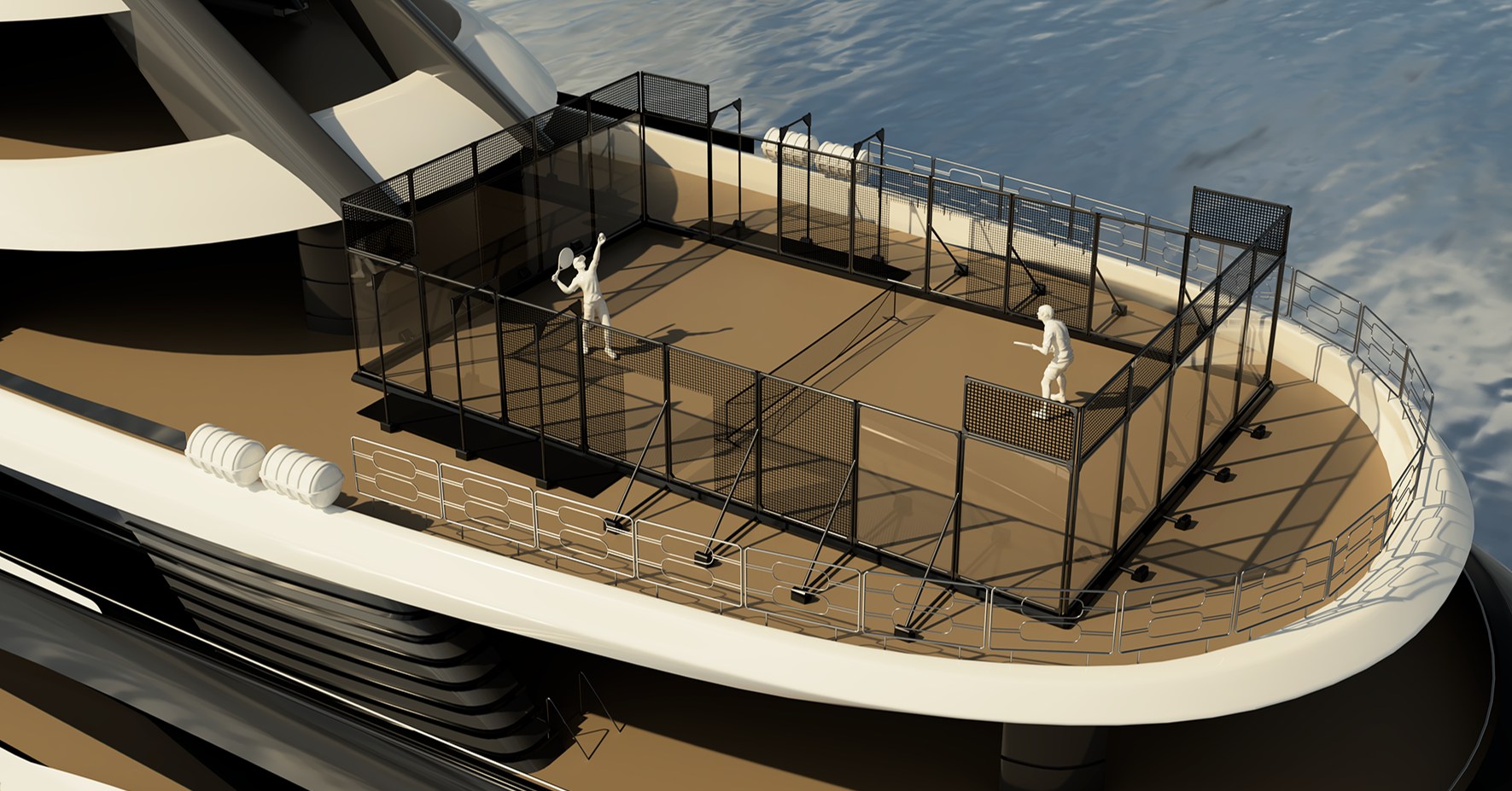 Play at padel on his yacht? Possible for €233.000!
Play at padel on his yacht? Possible for €233.000!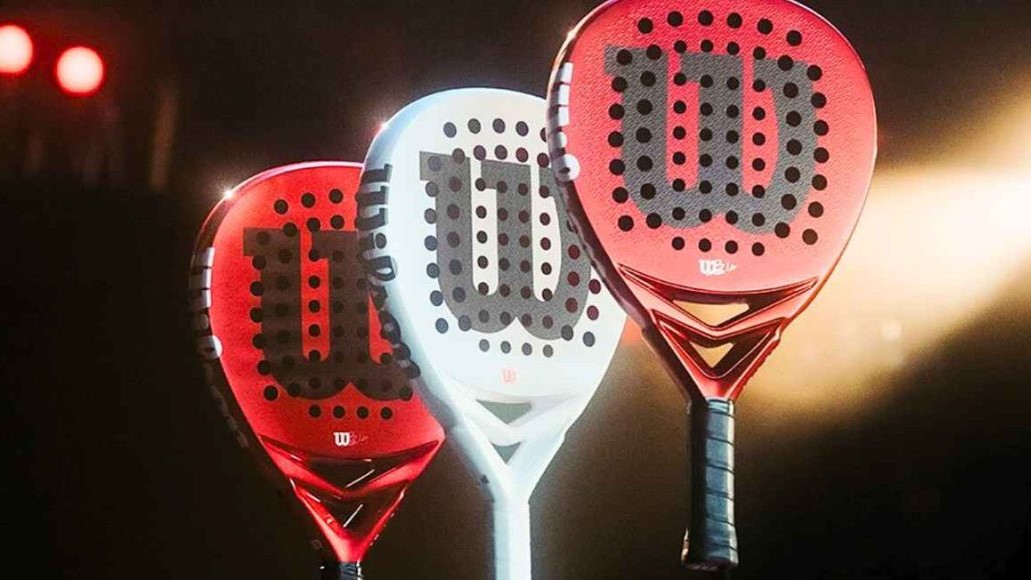 Presentation of the Wilson Bela V2.5 collection
Presentation of the Wilson Bela V2.5 collection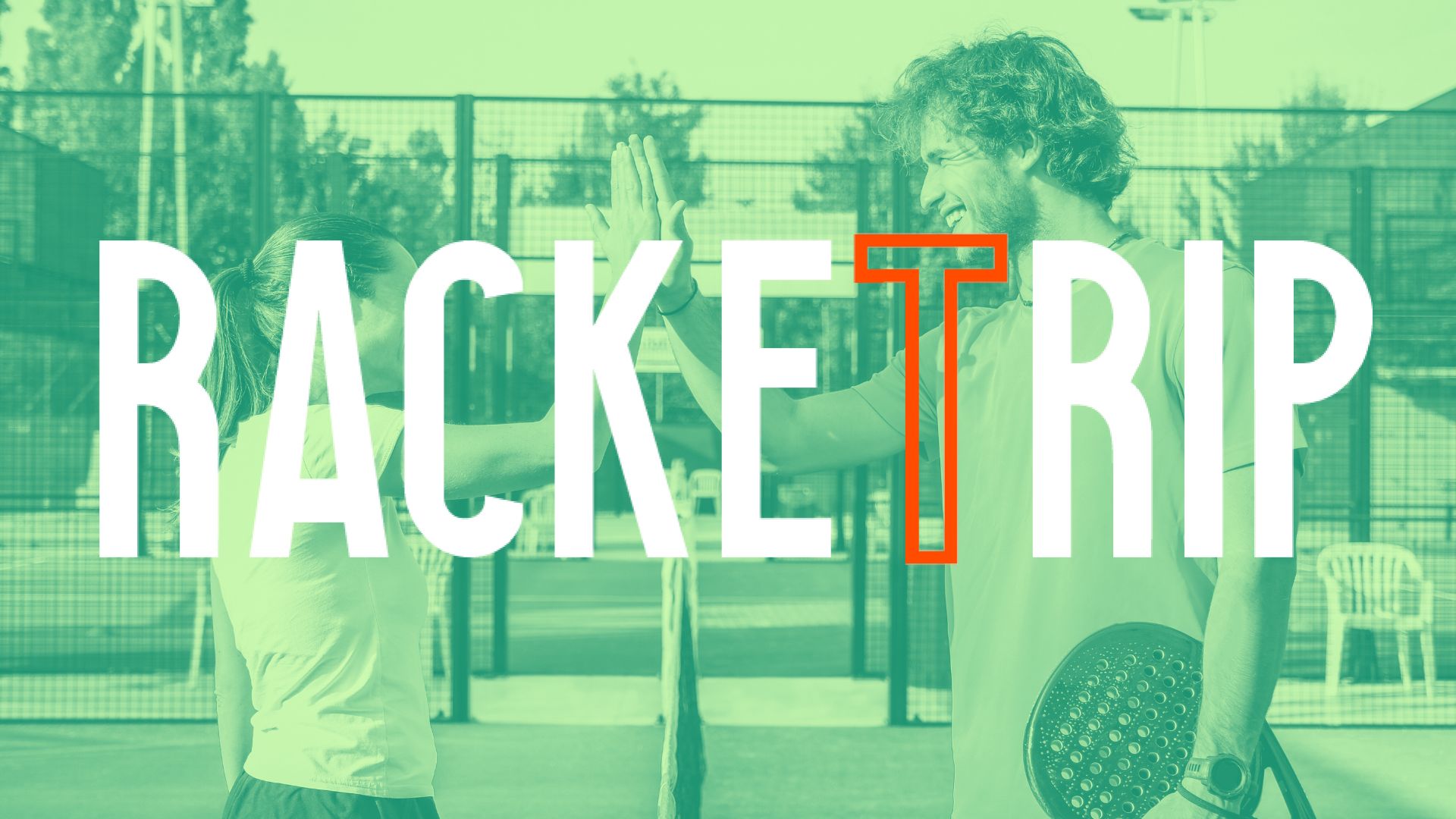 The LinkedIn of racquet sports: Racket Trip
The LinkedIn of racquet sports: Racket Trip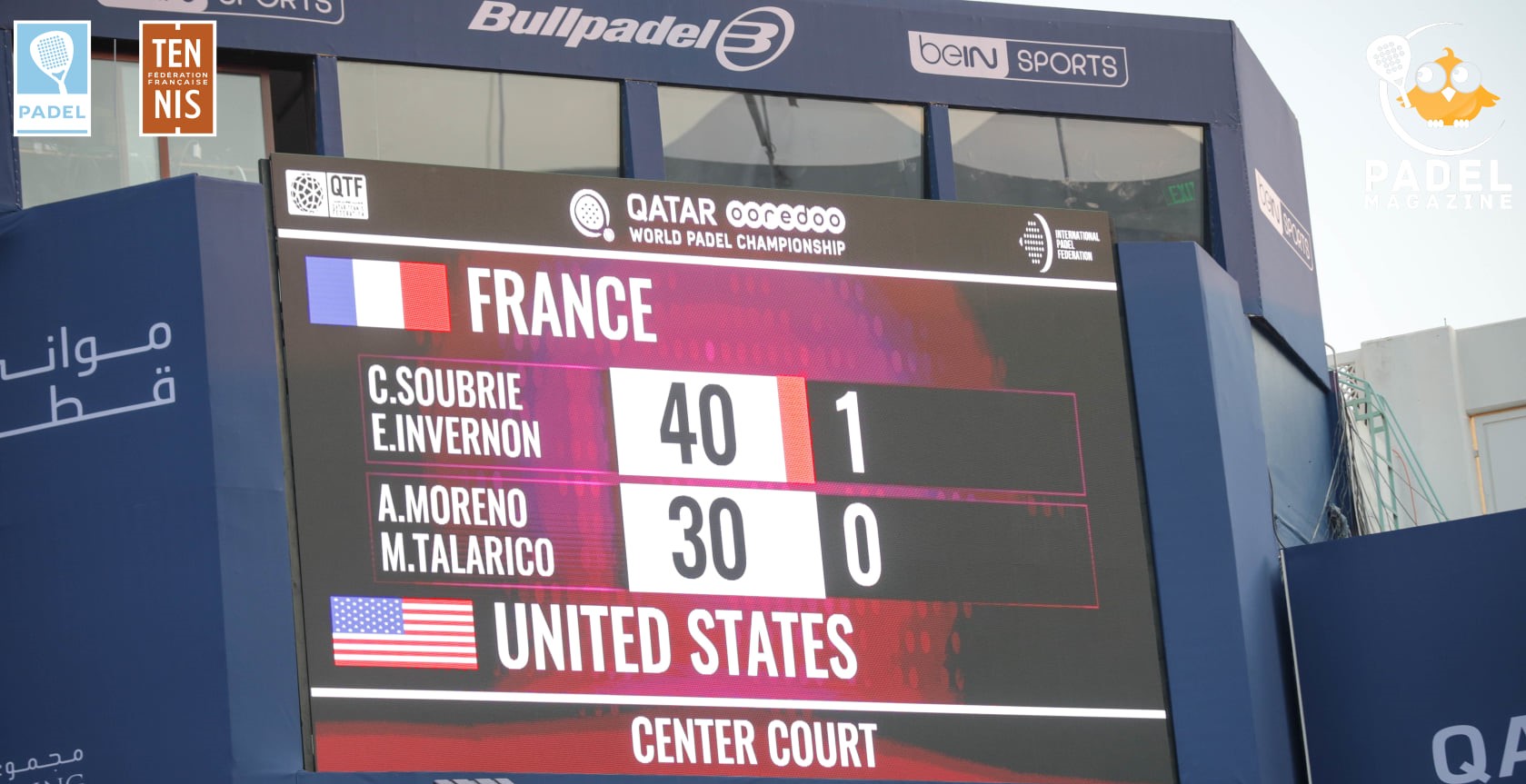 The score at padel : manual
The score at padel : manual Our Top 10 training courses padel in France and Europe
Our Top 10 training courses padel in France and Europe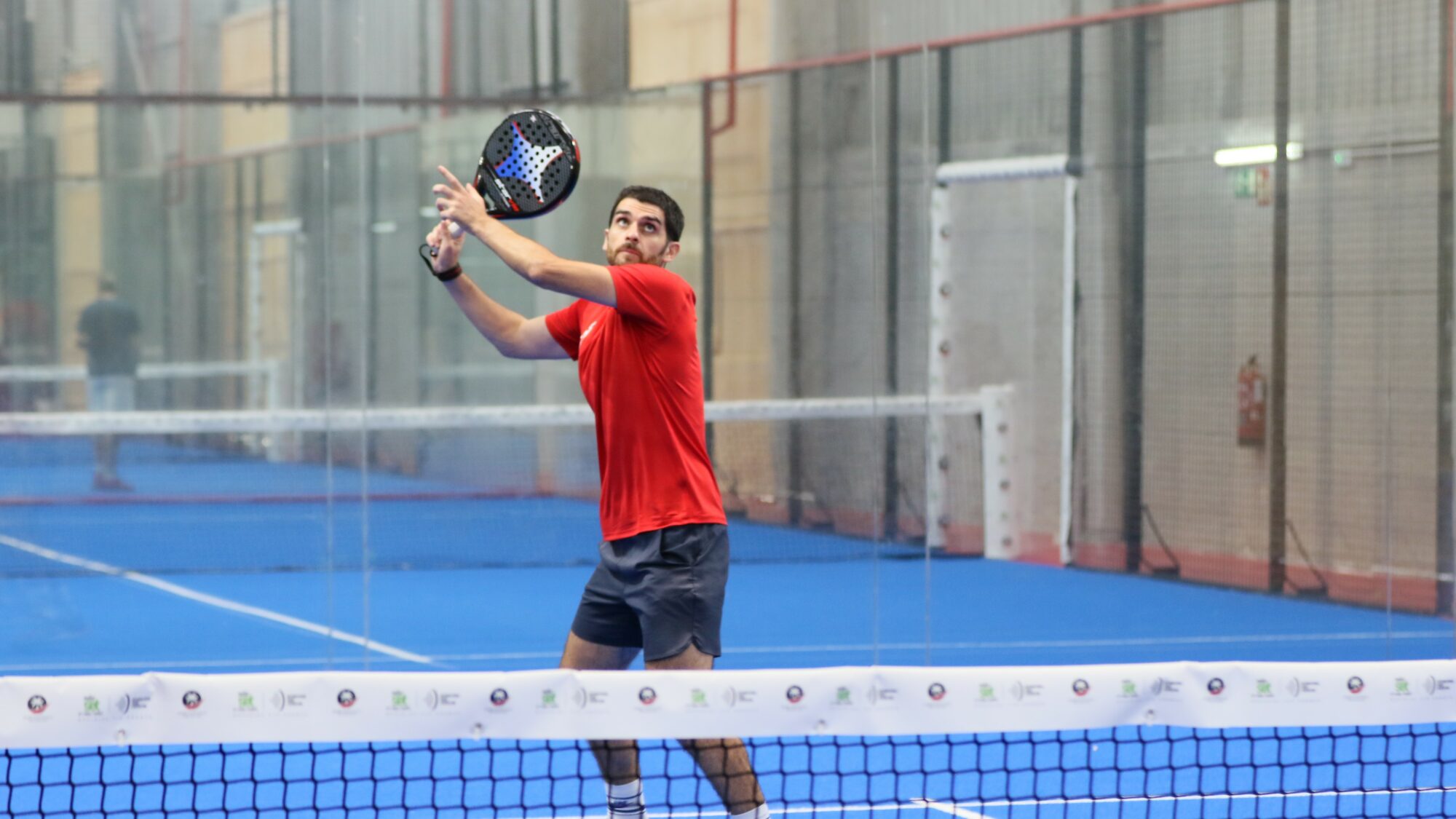 At the heart of padel – Episode 25: Paul and Andoni answer your questions
At the heart of padel – Episode 25: Paul and Andoni answer your questions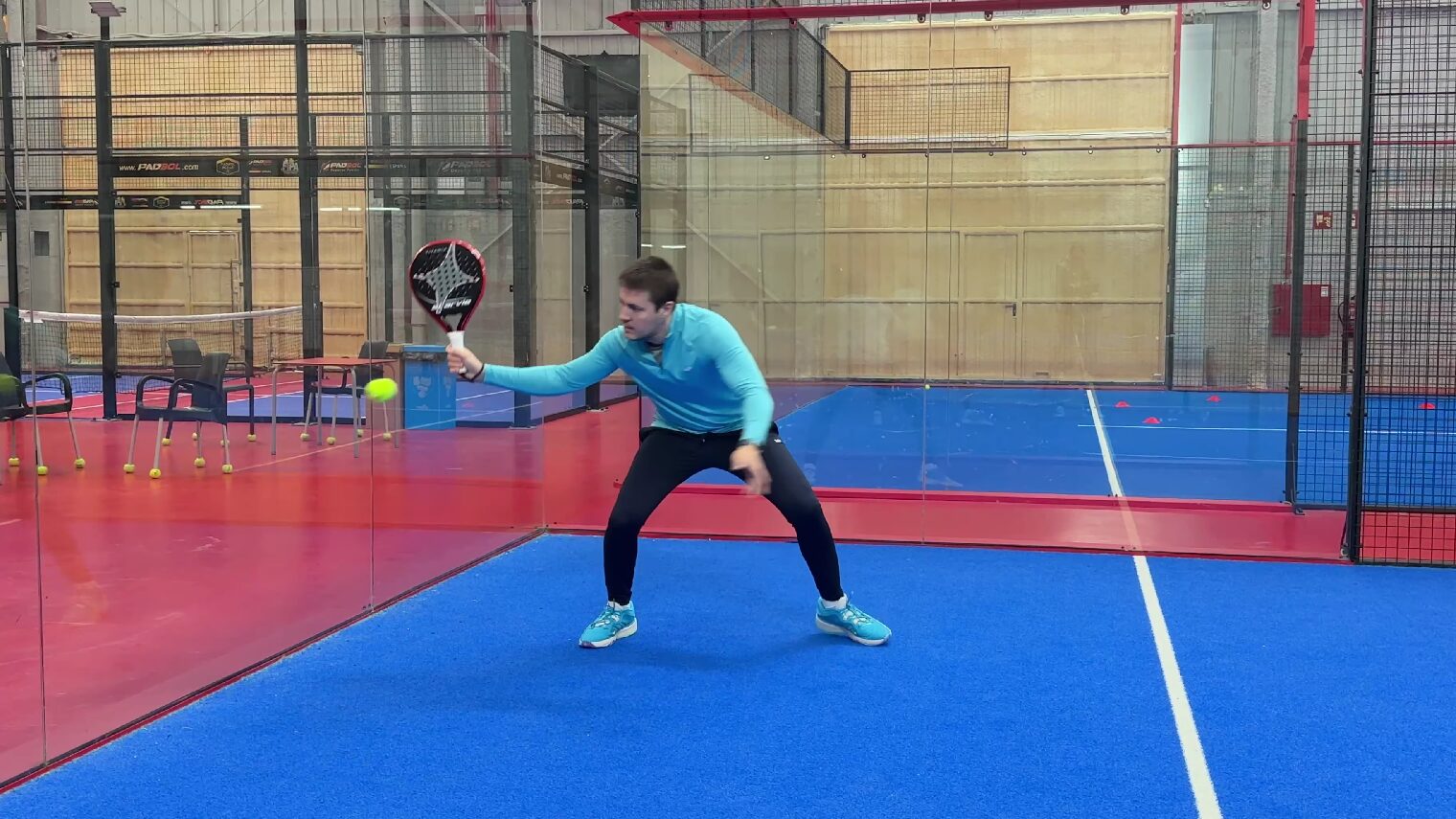 At the heart of padel – Episode 23: defend the window well
At the heart of padel – Episode 23: defend the window well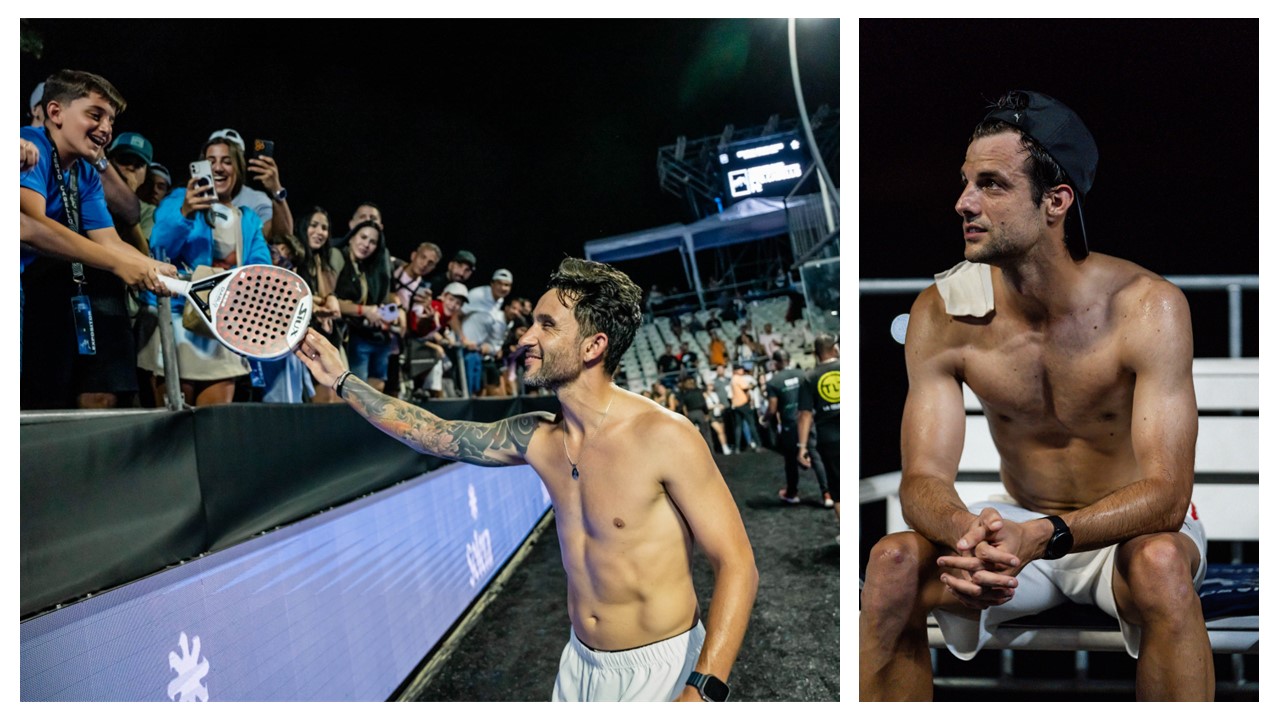 Prohibition on playing topless Padel : the reasons
Prohibition on playing topless Padel : the reasons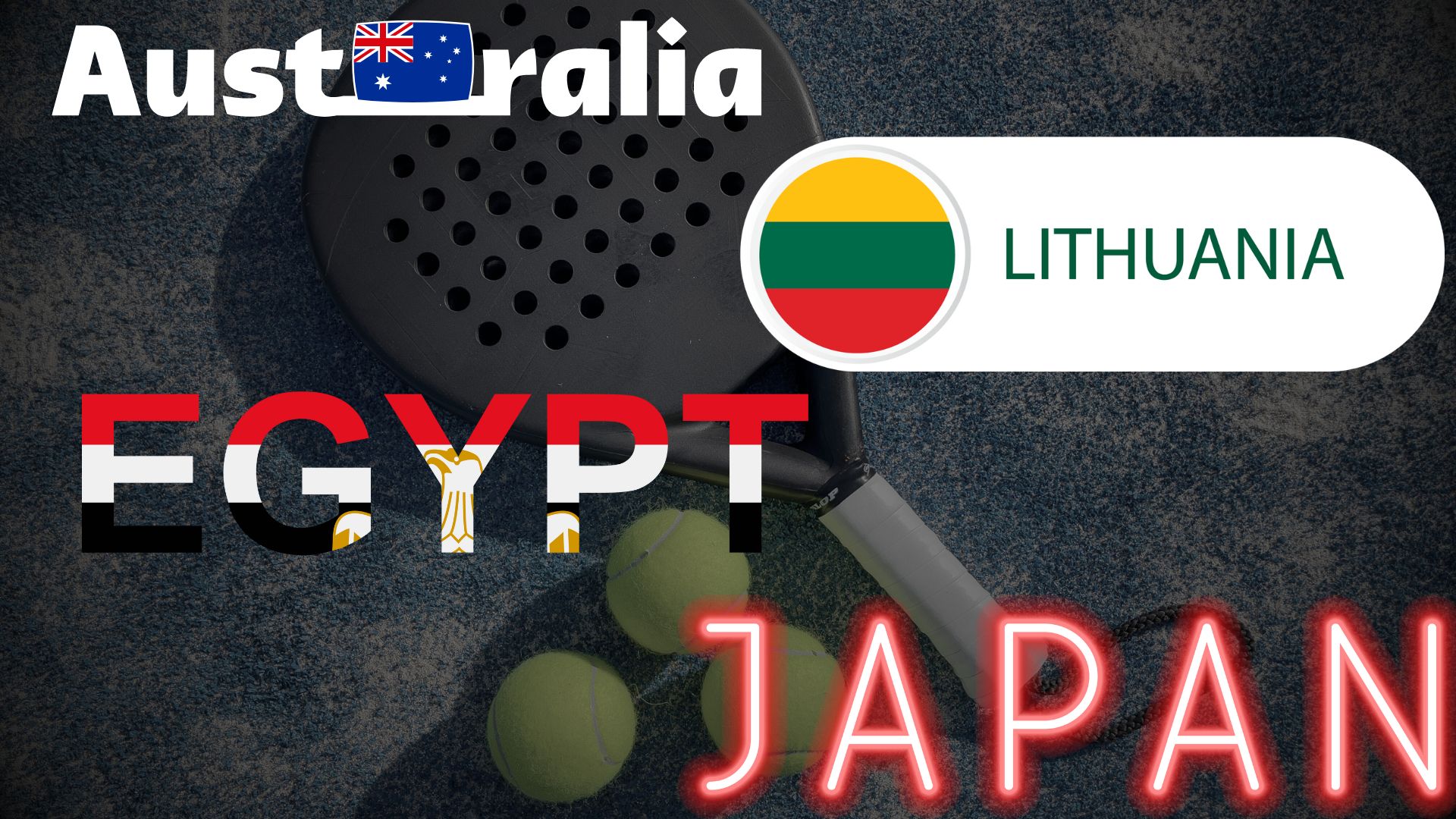 FIP Tour – Going far from Europe, THE strategy to earn points!
FIP Tour – Going far from Europe, THE strategy to earn points!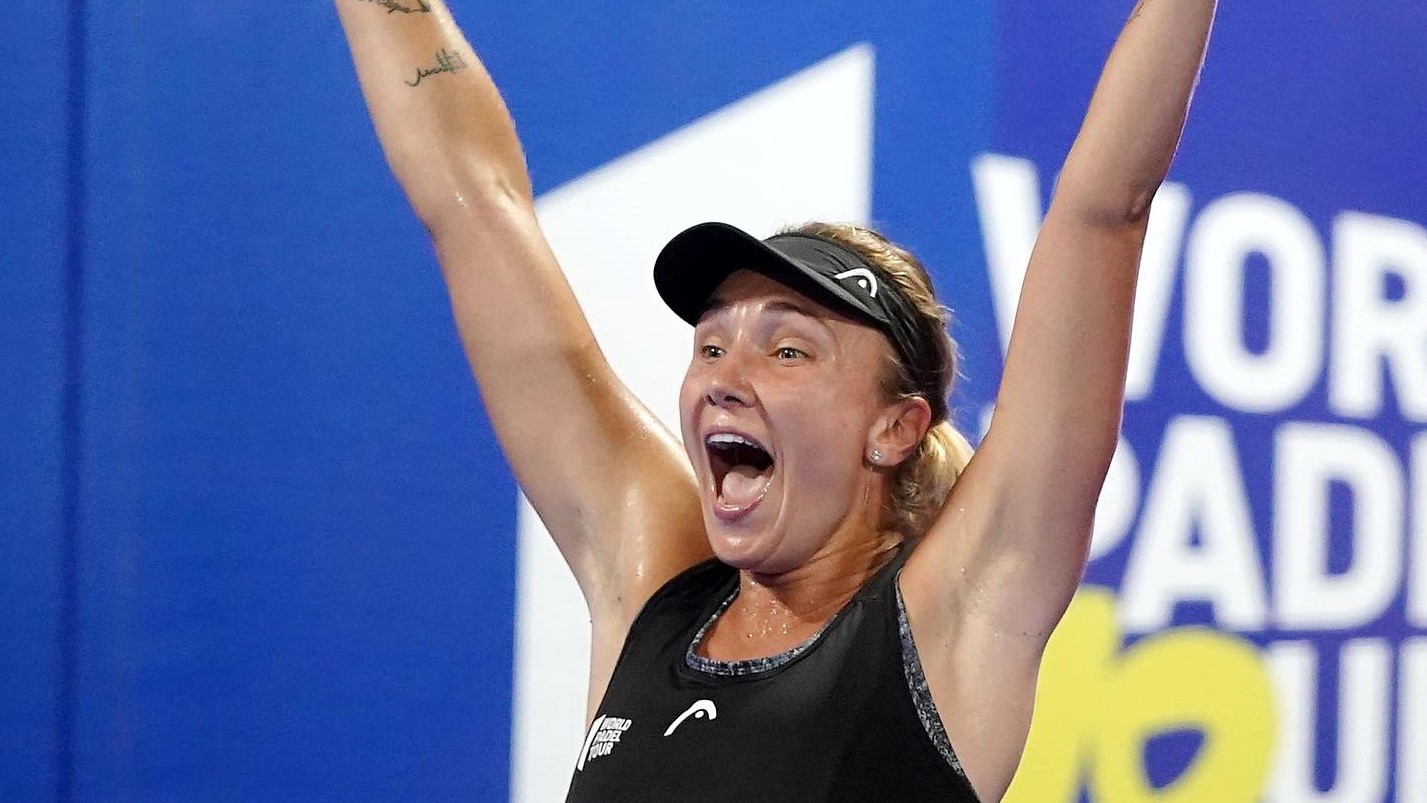 What is a good football player? padel ?
What is a good football player? padel ?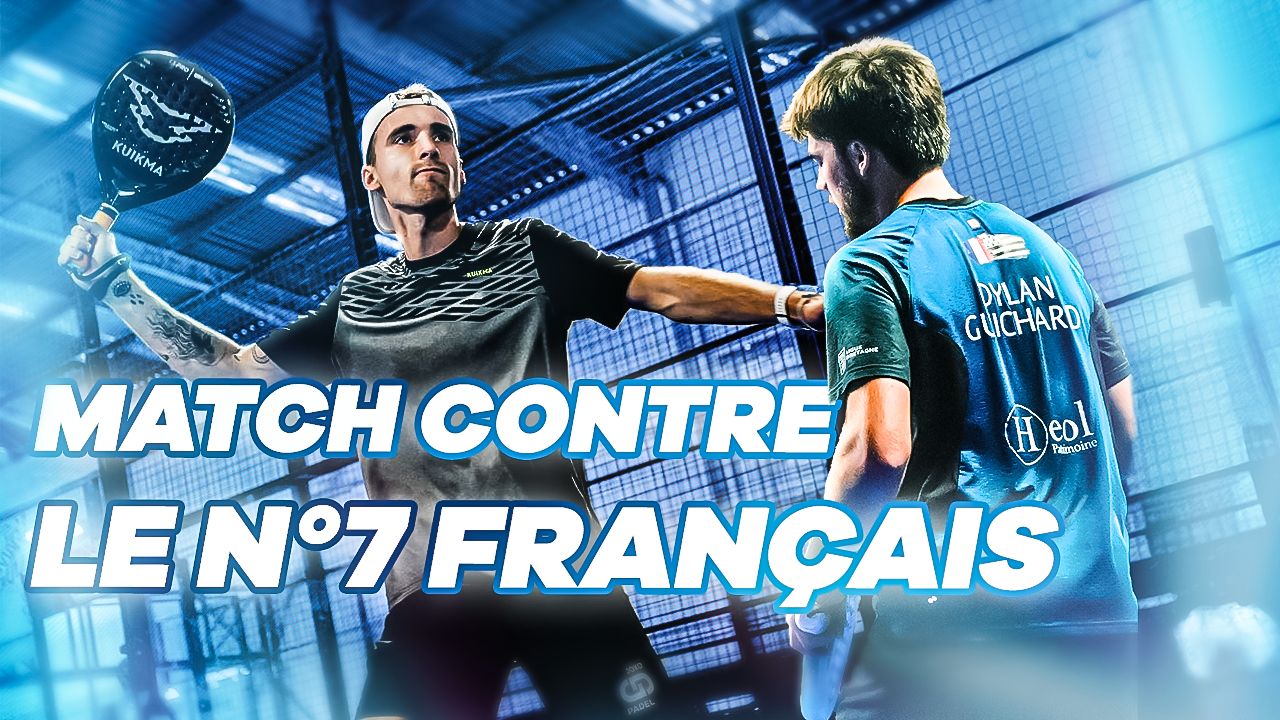 “Lefties give me headaches when I play against them!”
“Lefties give me headaches when I play against them!”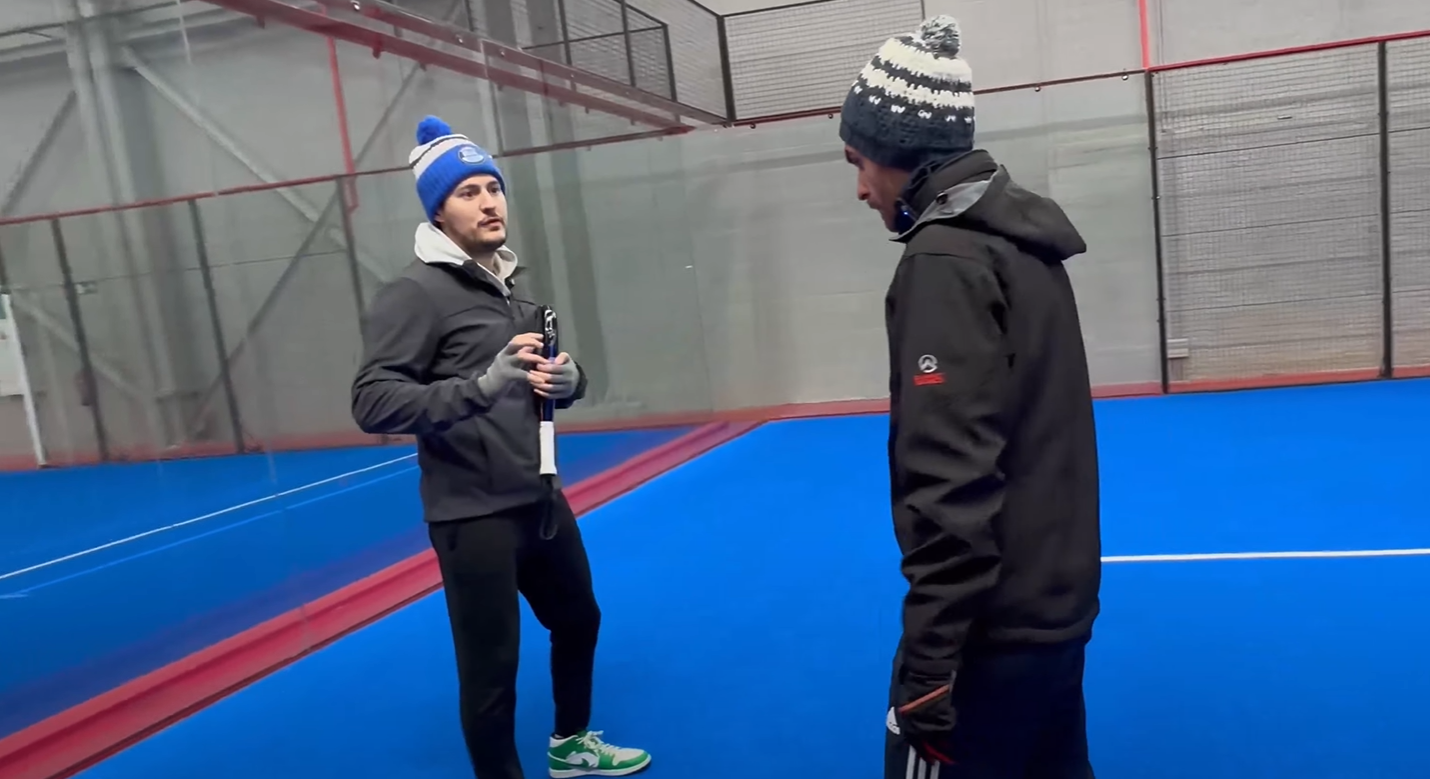 At the heart of padel – Episode 14: how to earn points in winter?
At the heart of padel – Episode 14: how to earn points in winter?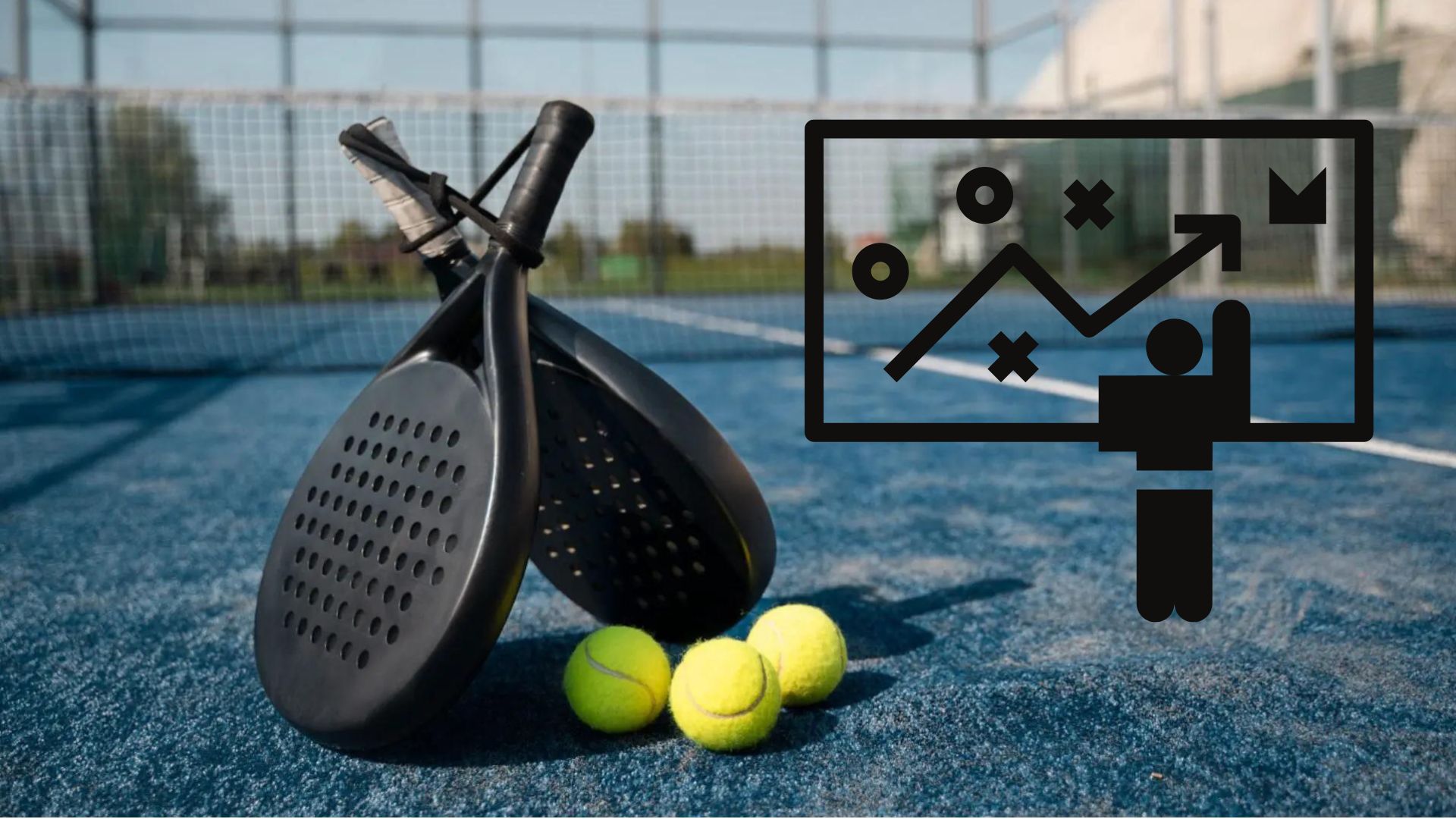 The basic tactics of padel
The basic tactics of padel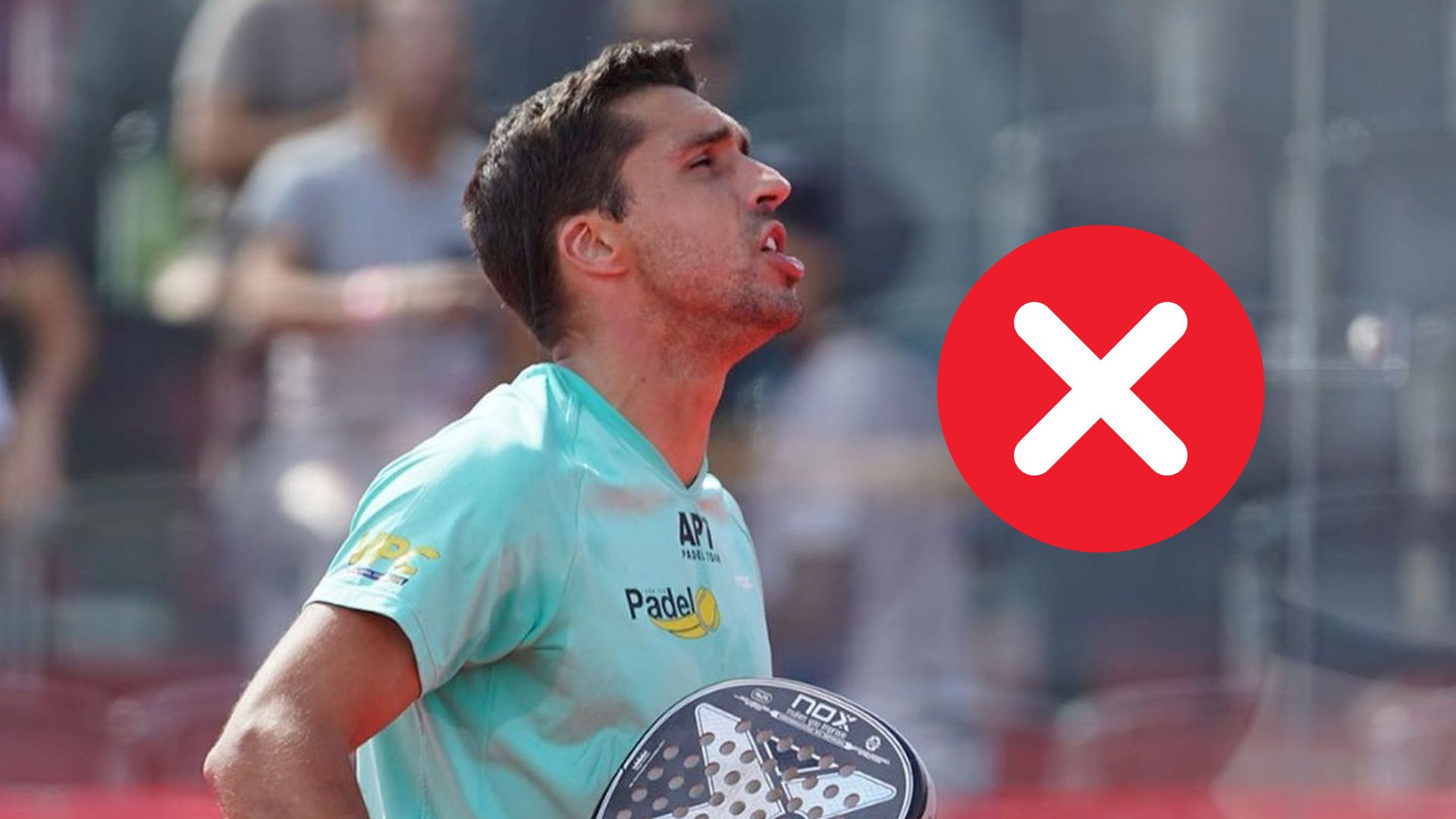 A par 4 is always a winner...even if you manage to defend it!
A par 4 is always a winner...even if you manage to defend it!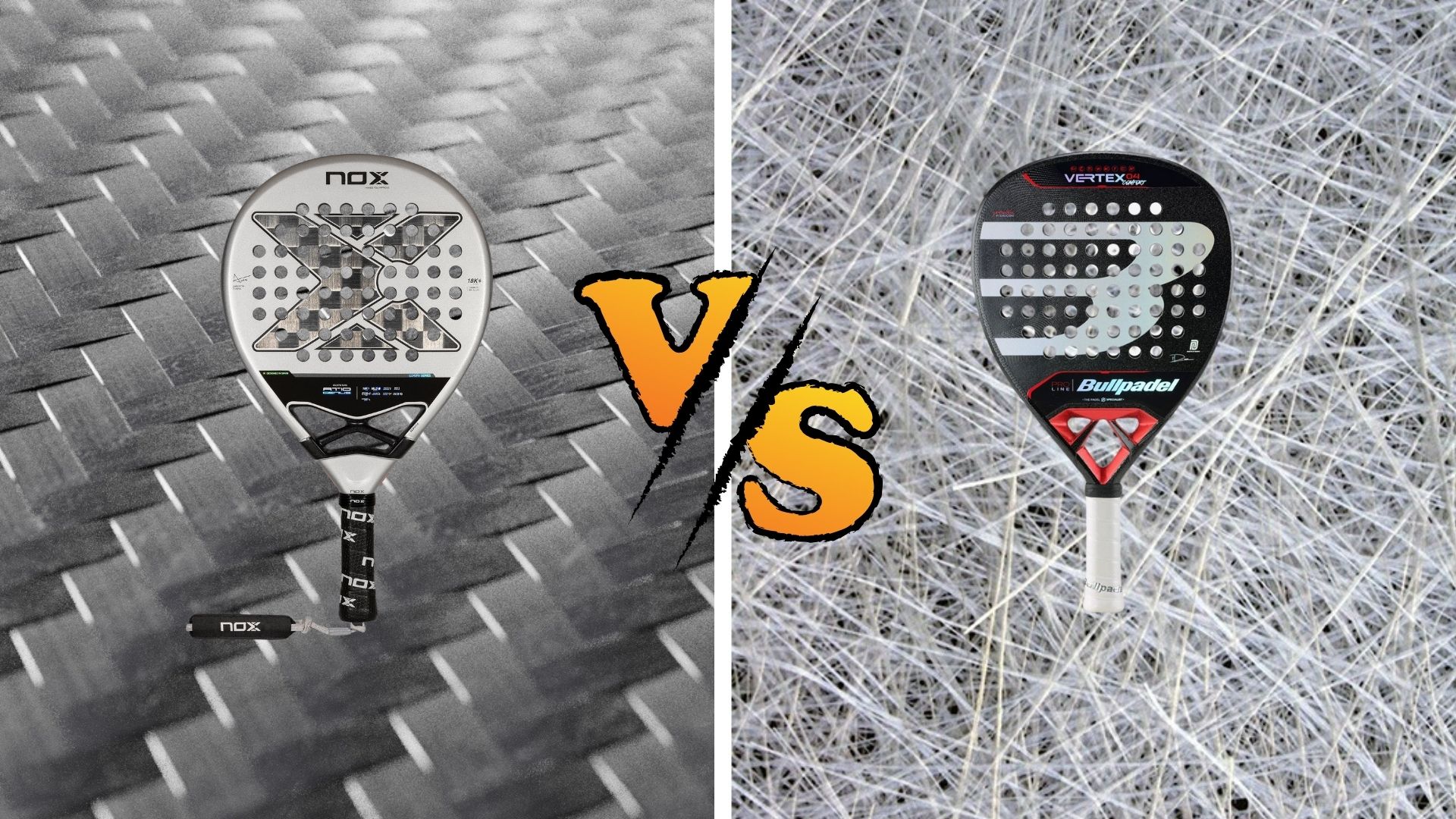 Carbon fiber VS fiberglass: what to choose?
Carbon fiber VS fiberglass: what to choose?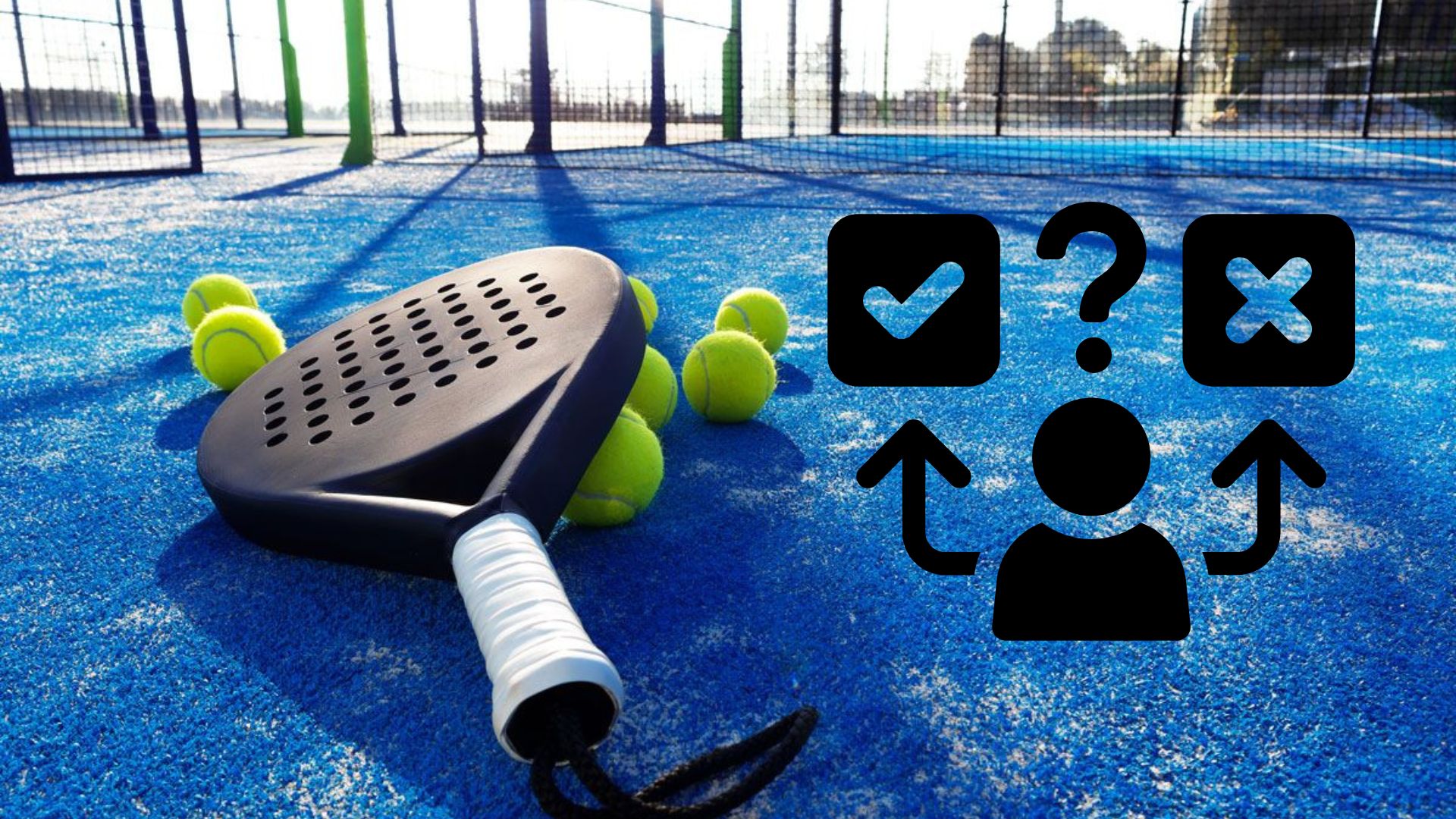 How to effectively test a racket padel ?
How to effectively test a racket padel ?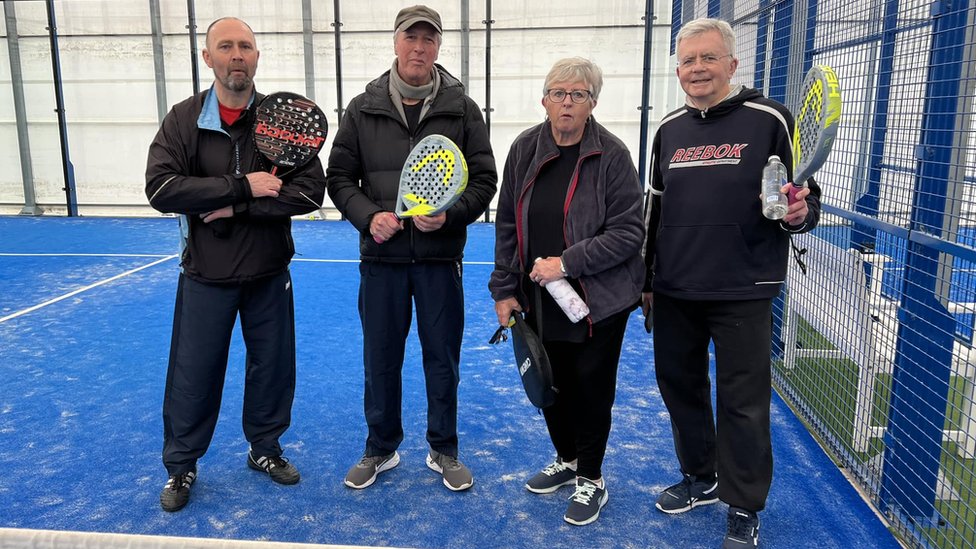 La padel to fight Parkinson's disease
La padel to fight Parkinson's disease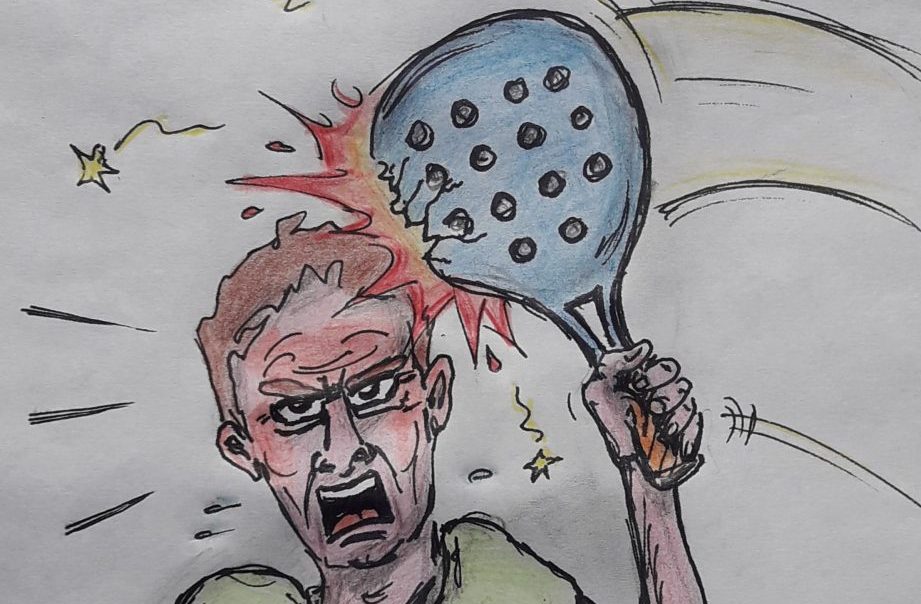 Don't play with a cracked or broken racket, your body will thank you!
Don't play with a cracked or broken racket, your body will thank you! Michel Cymes: “The padel, physically, it’s serious!”
Michel Cymes: “The padel, physically, it’s serious!”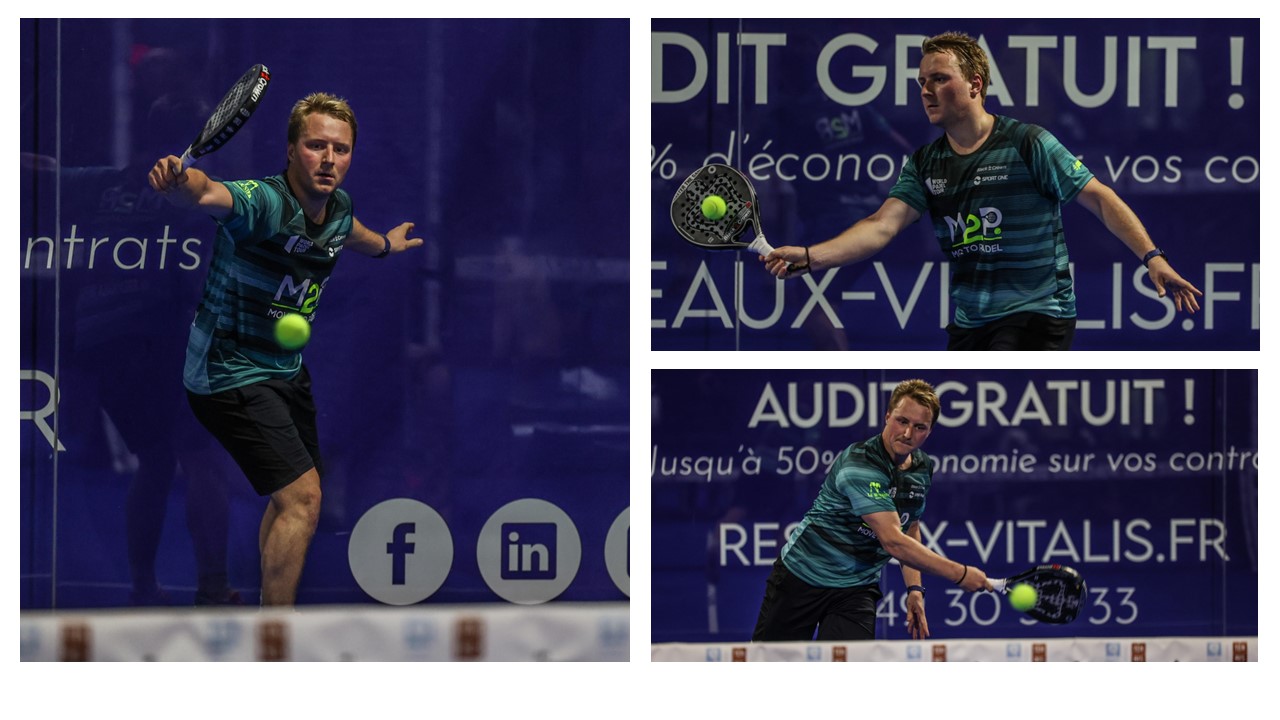 Jeremy Gala: “Promote the padel among young people in Belgium remains a challenge”
Jeremy Gala: “Promote the padel among young people in Belgium remains a challenge”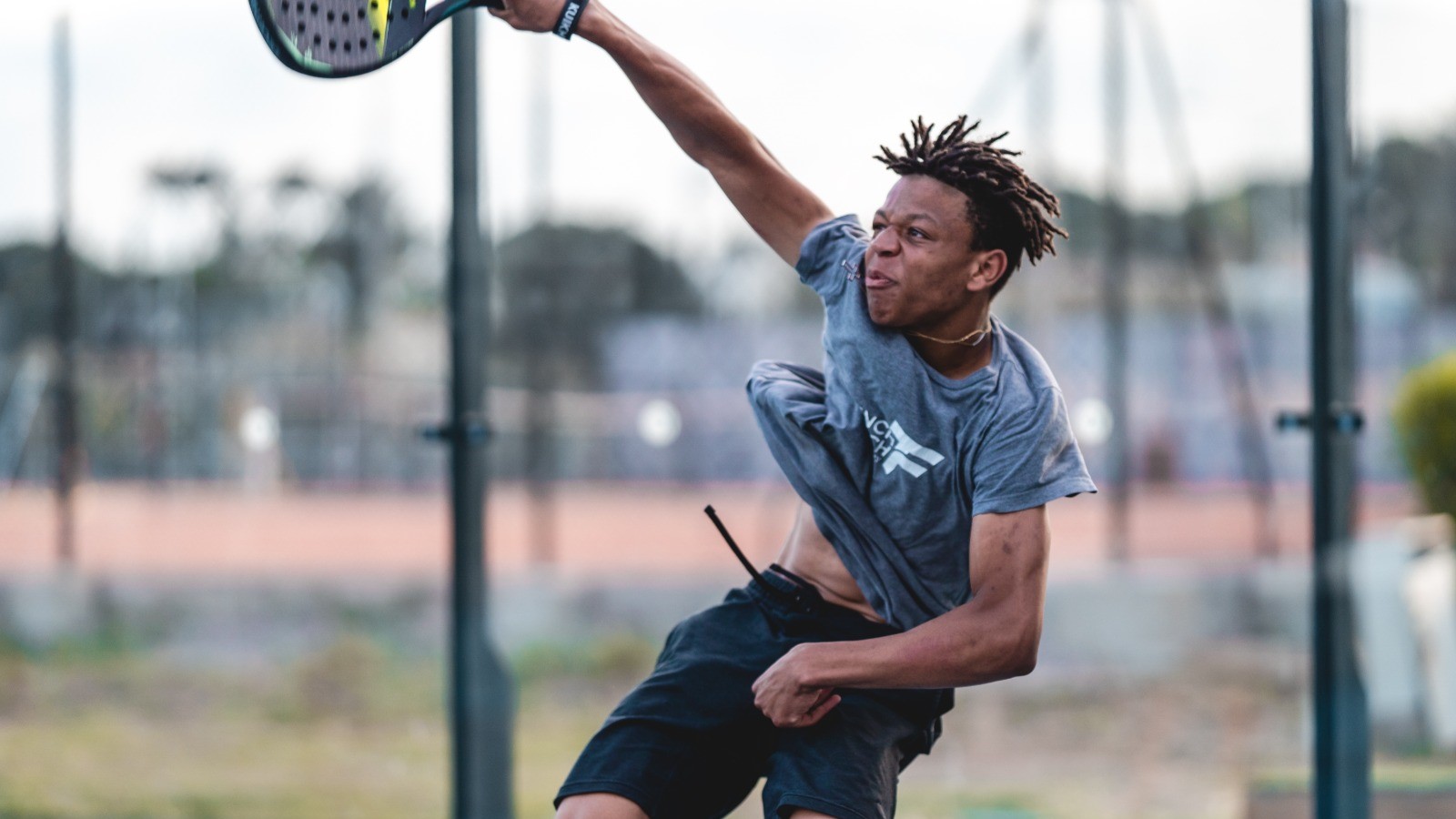 The French Touch Academy organizes its selection day Padel-Study
The French Touch Academy organizes its selection day Padel-Study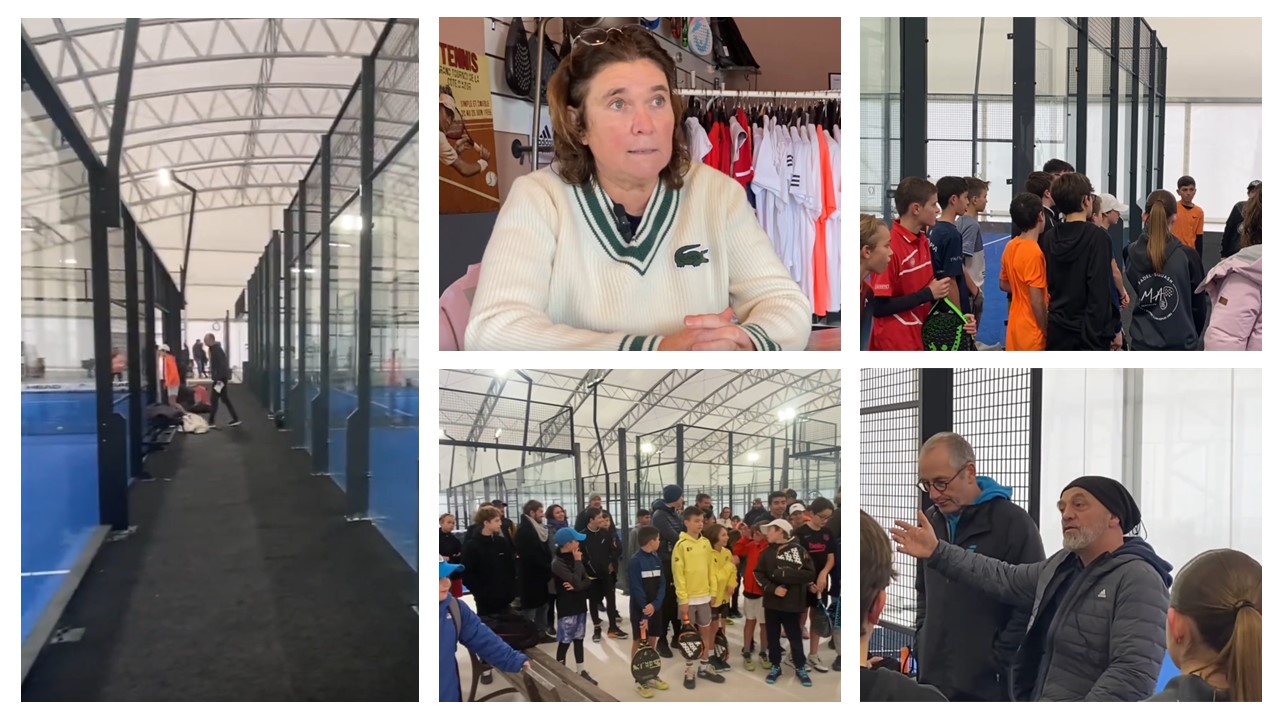 Report on the detection and training of younger generations
Report on the detection and training of younger generations